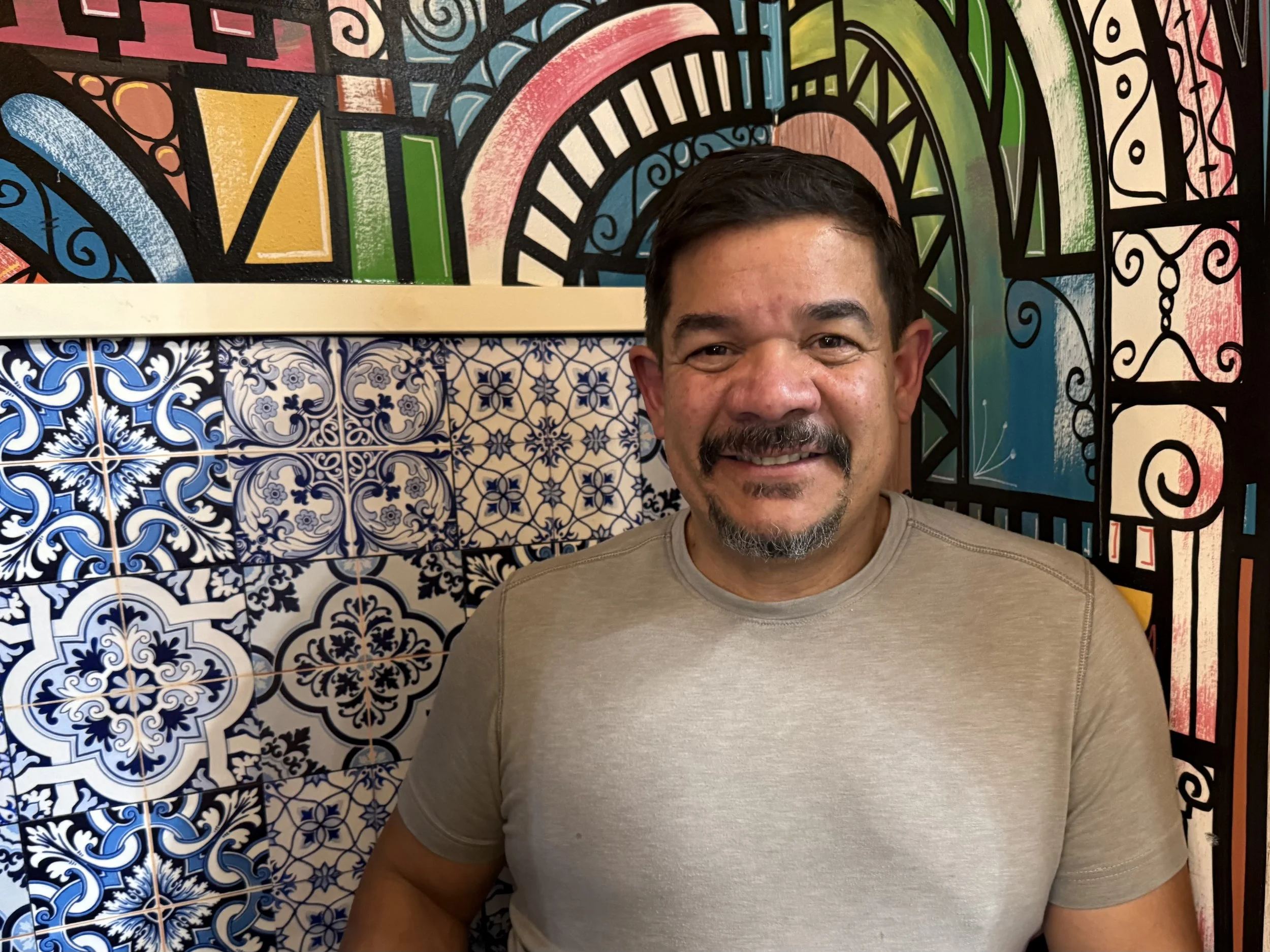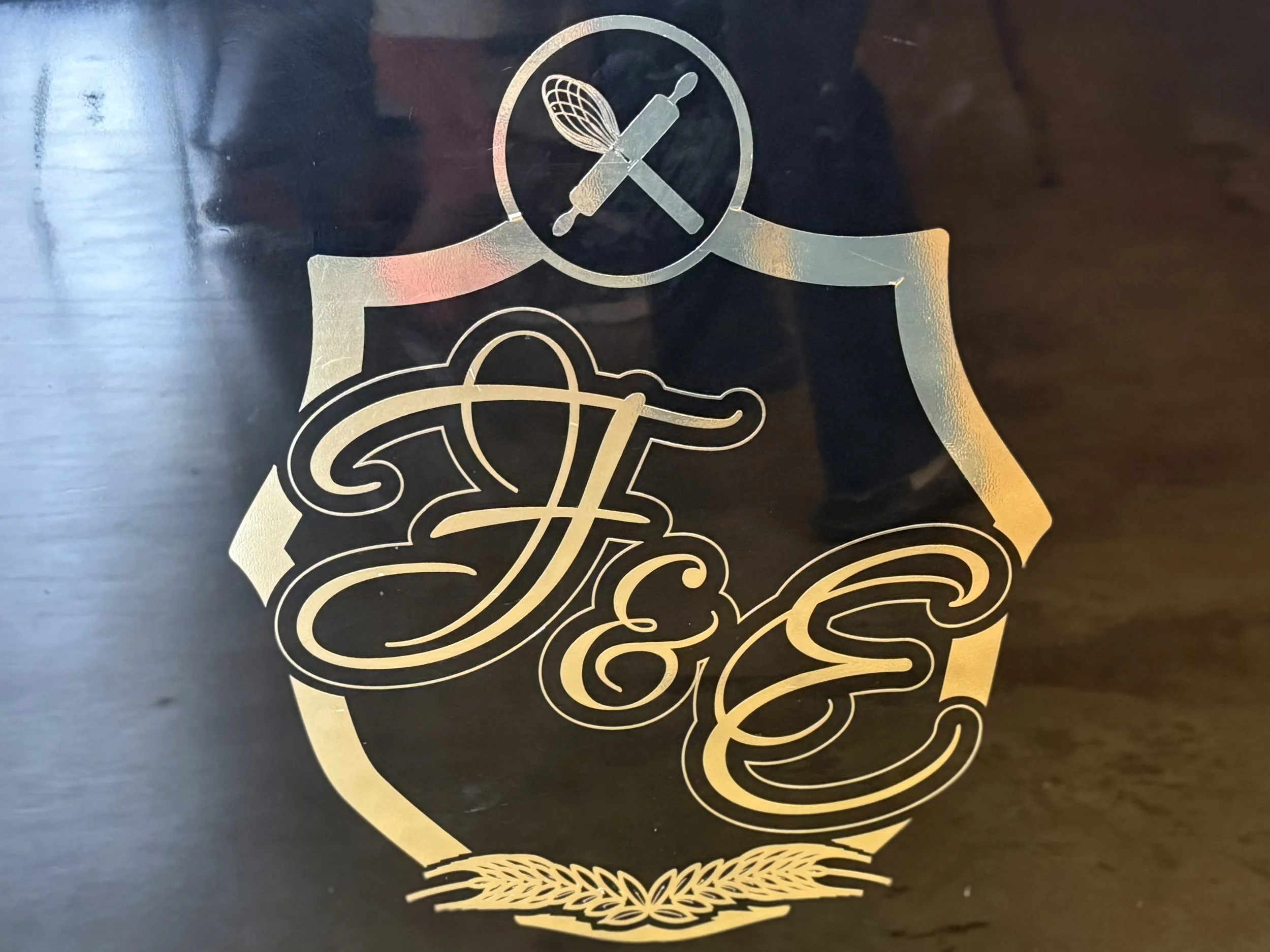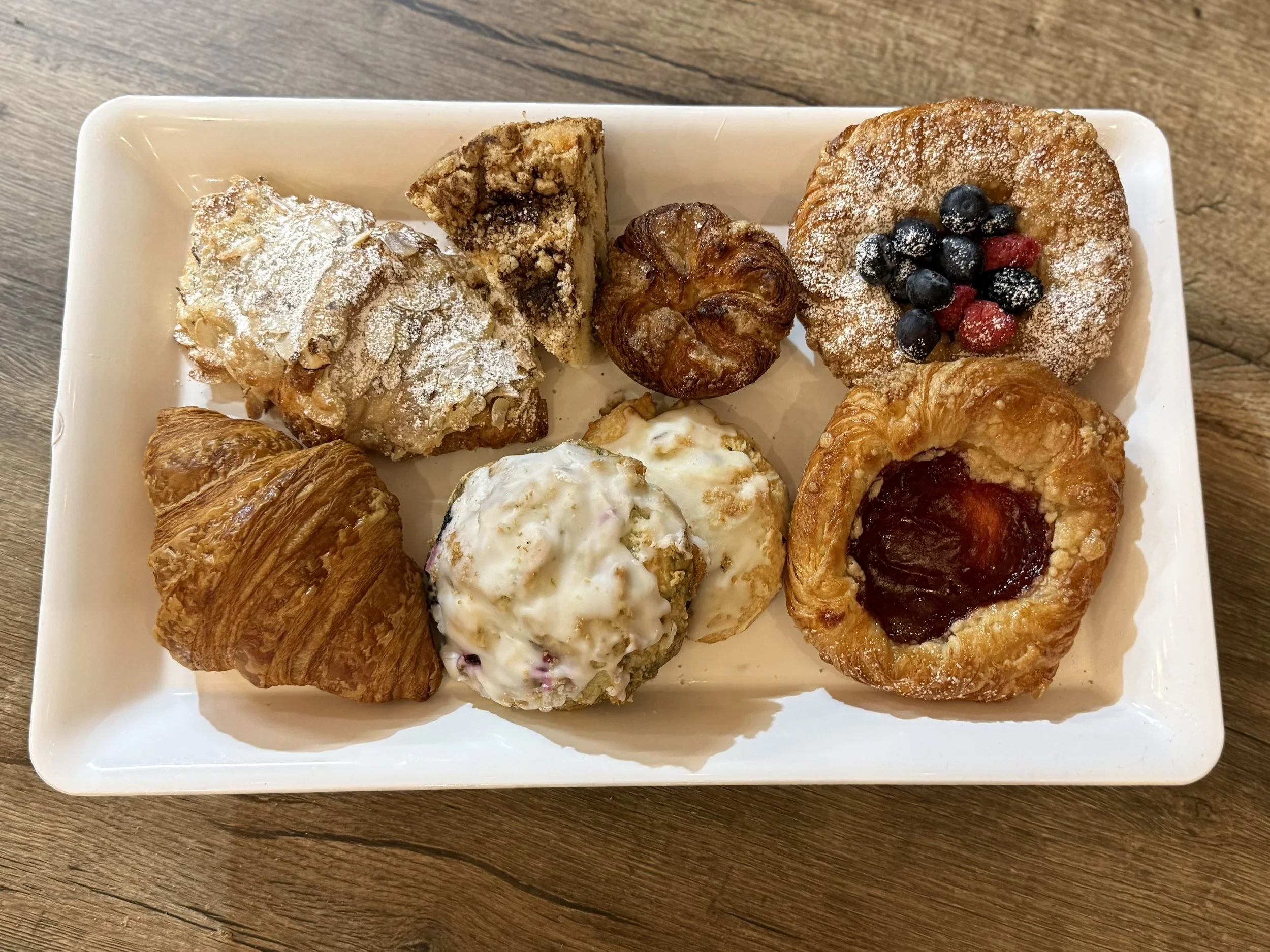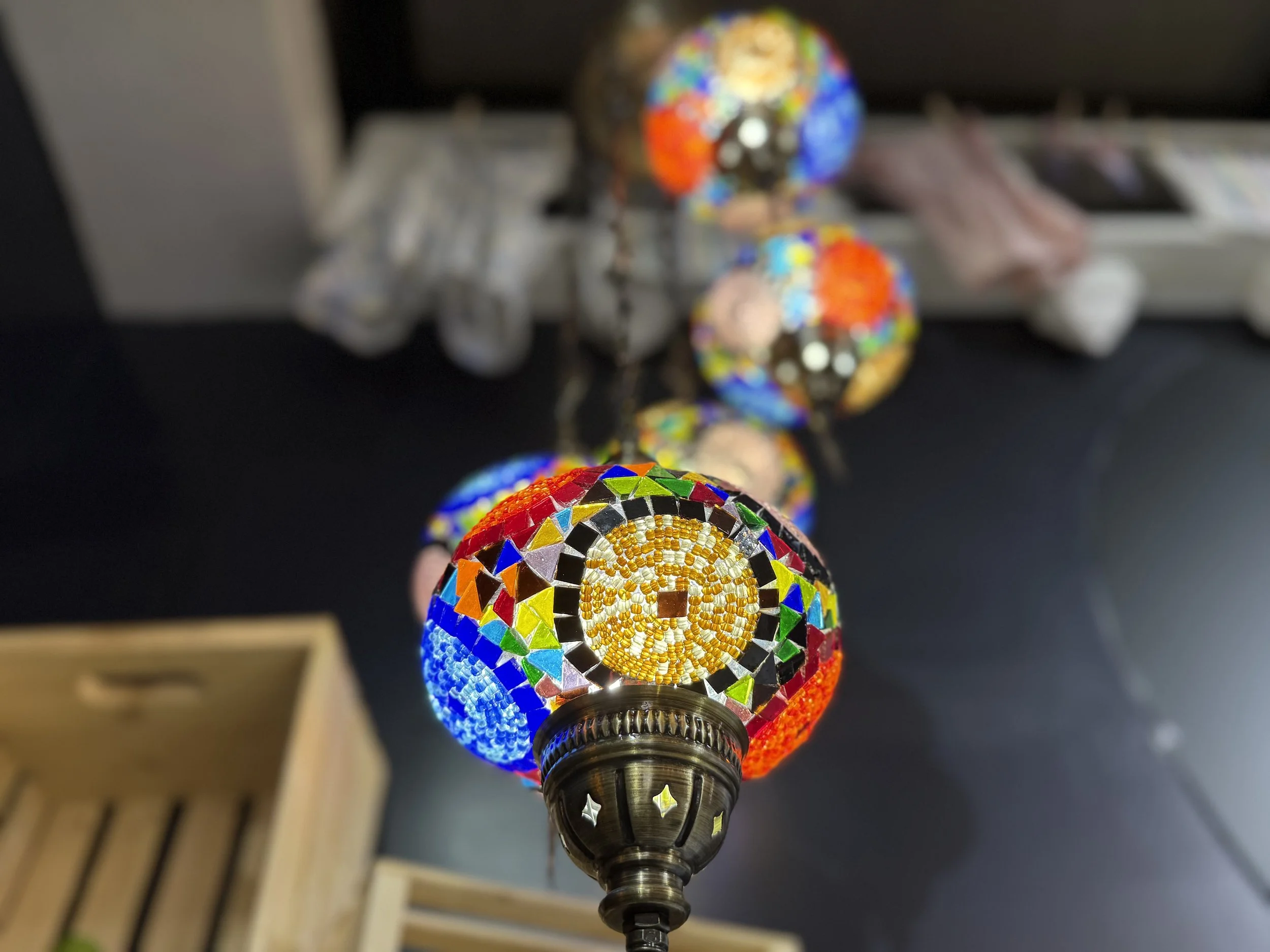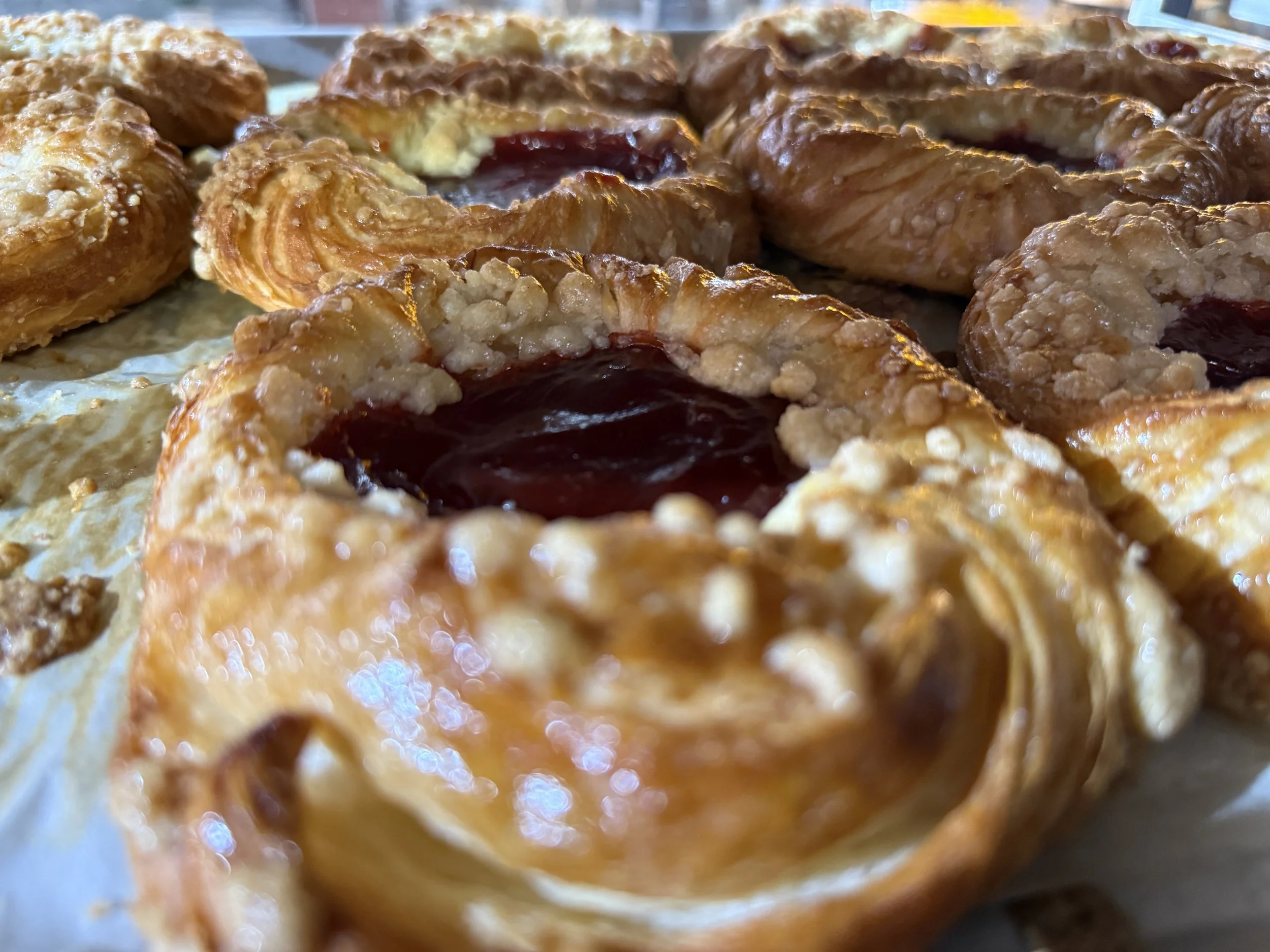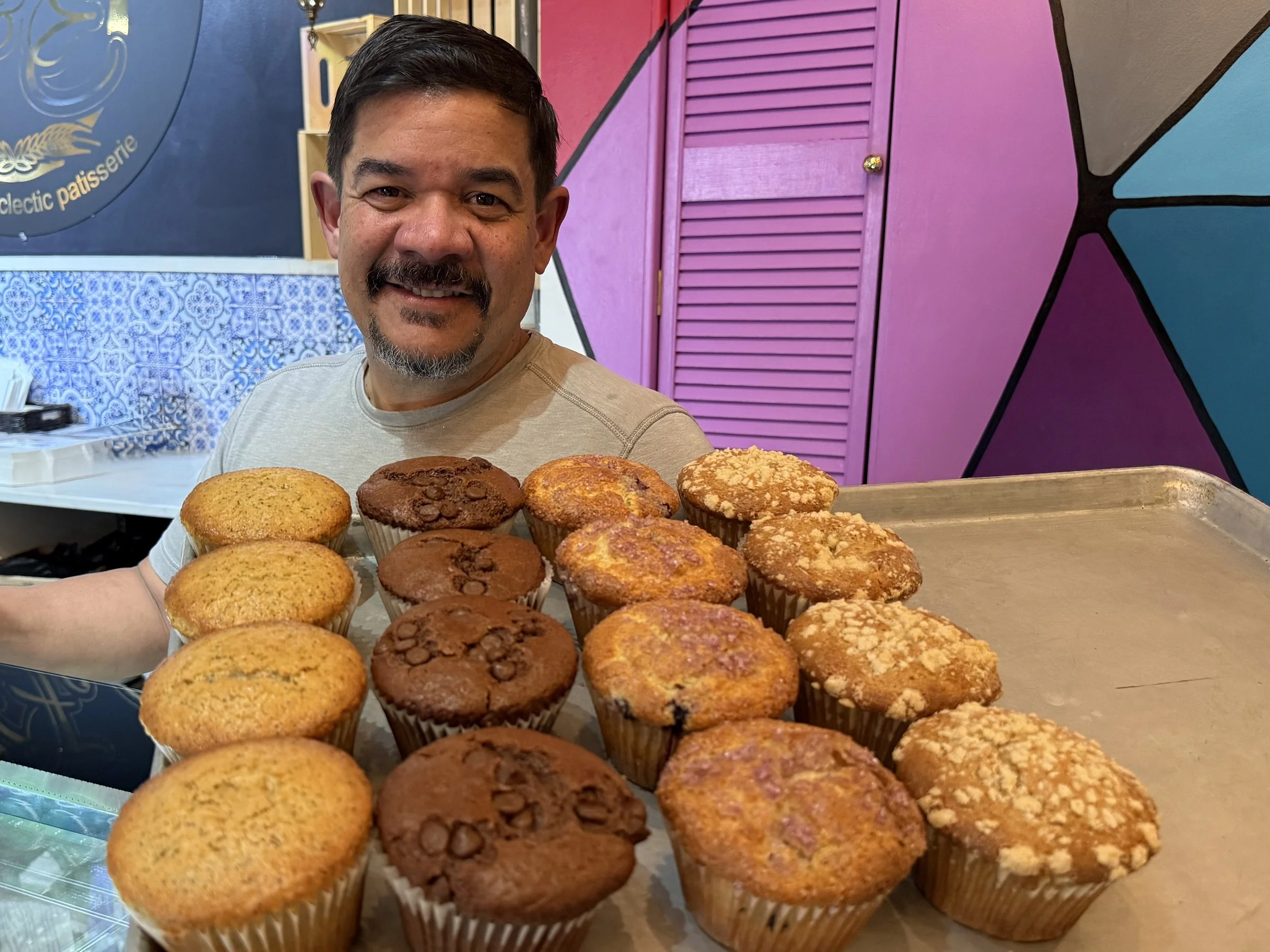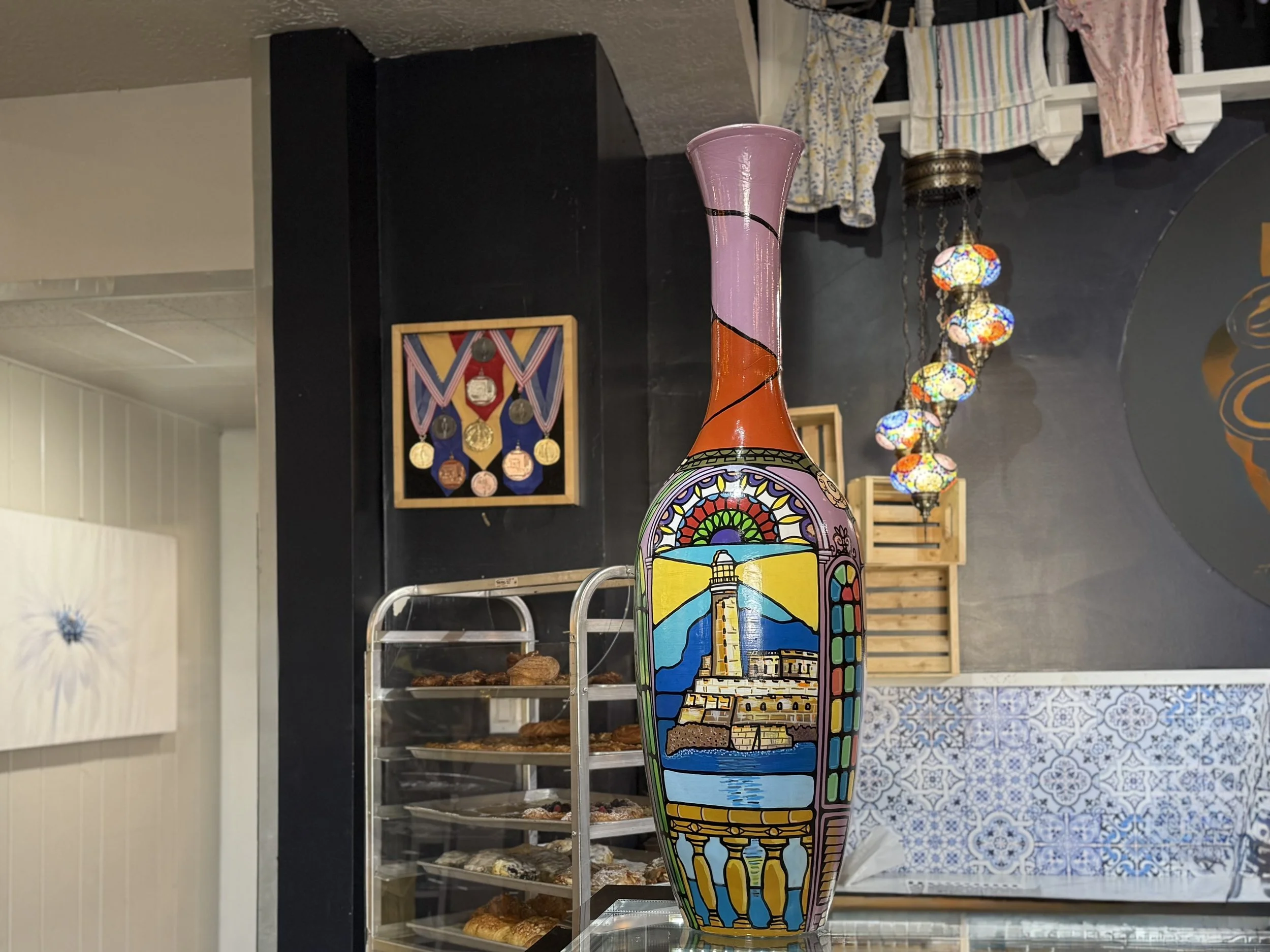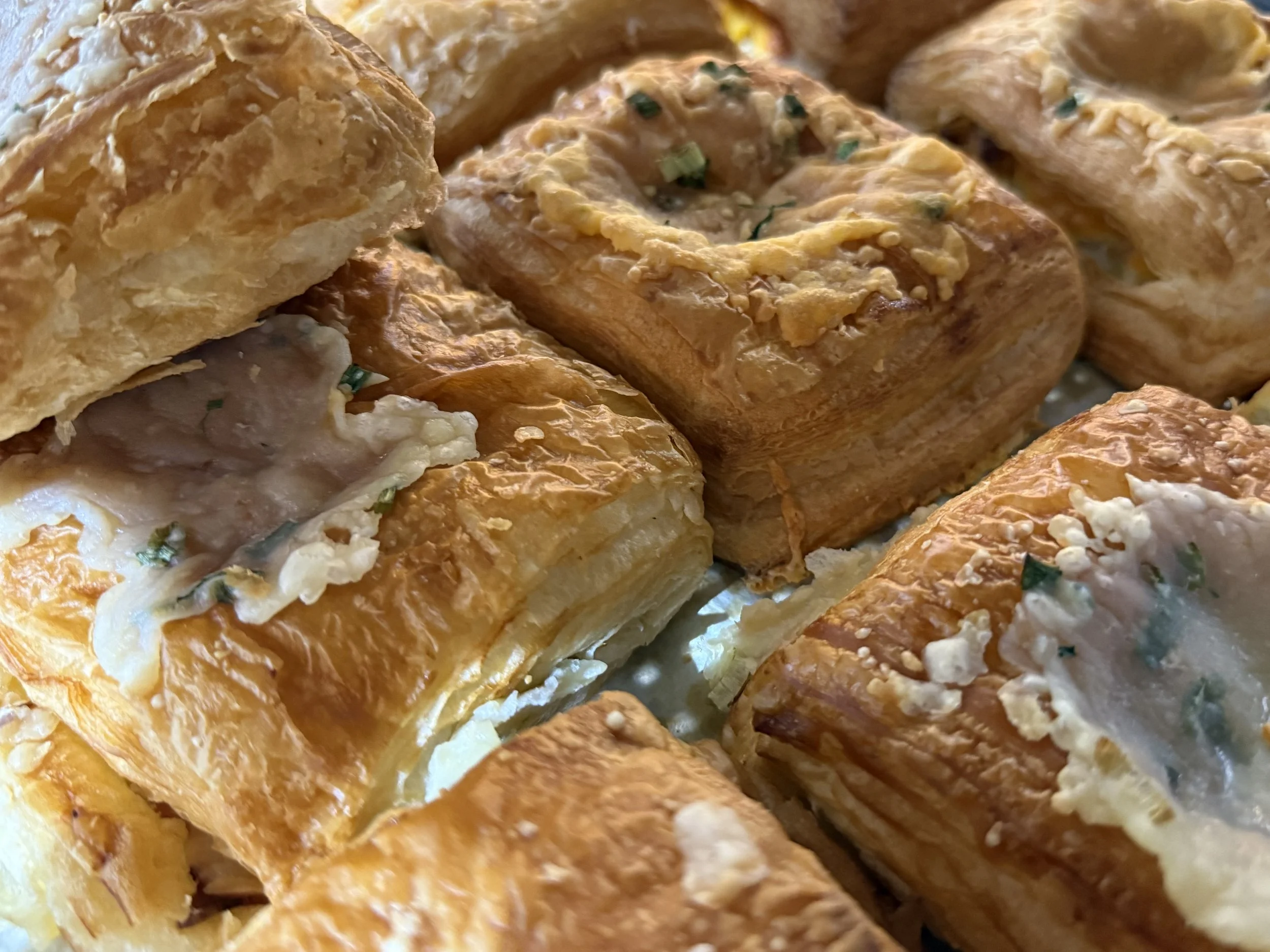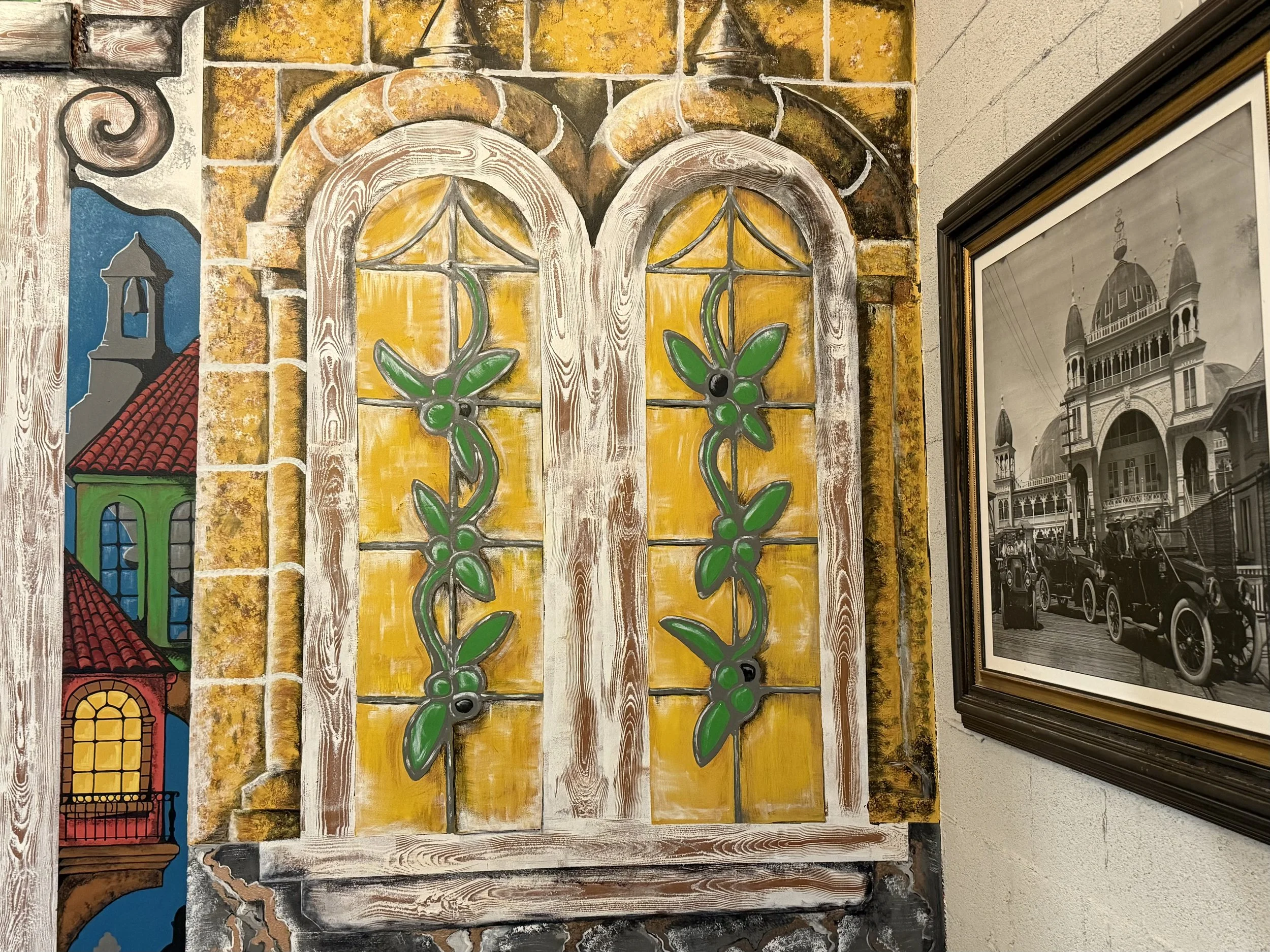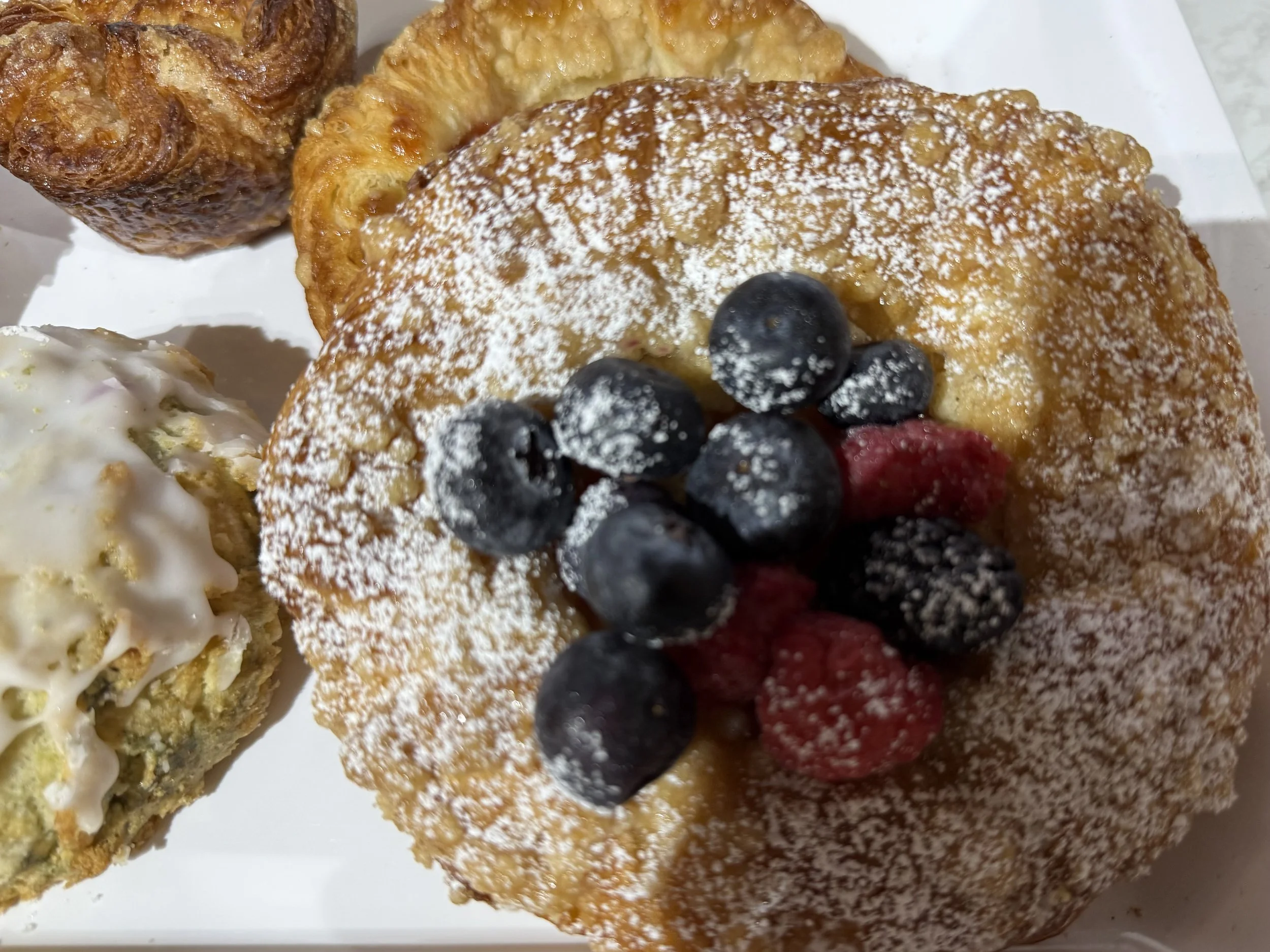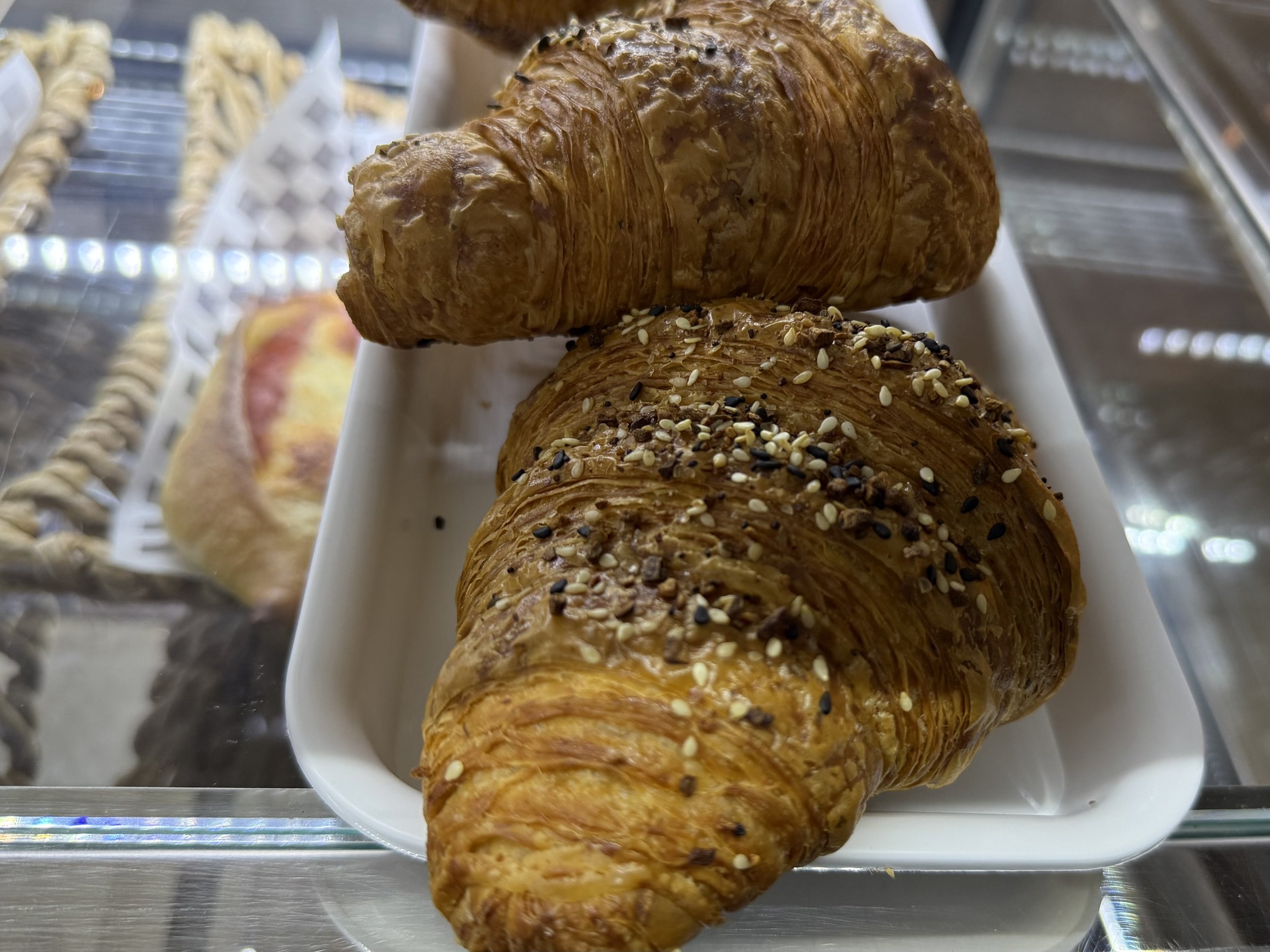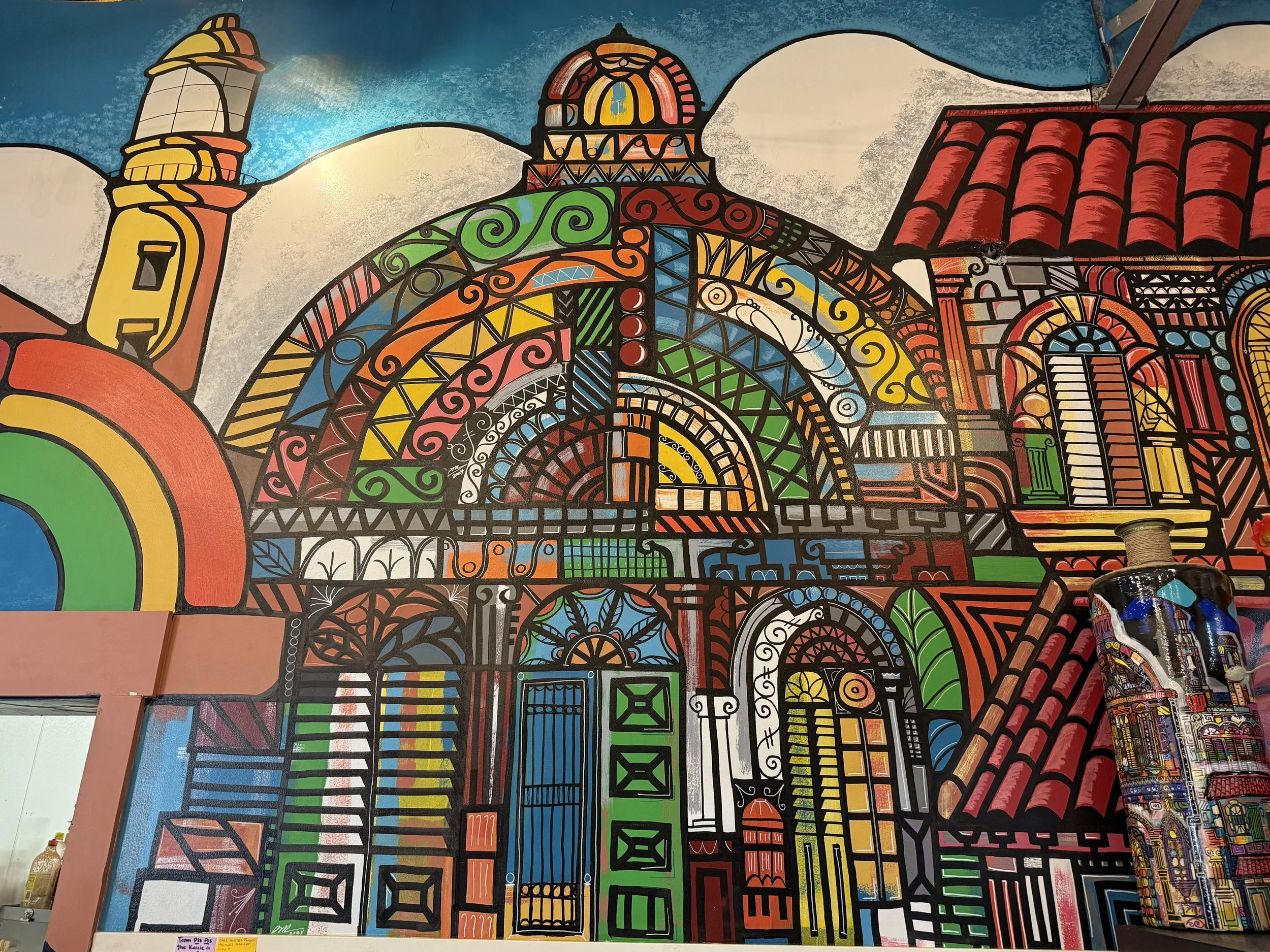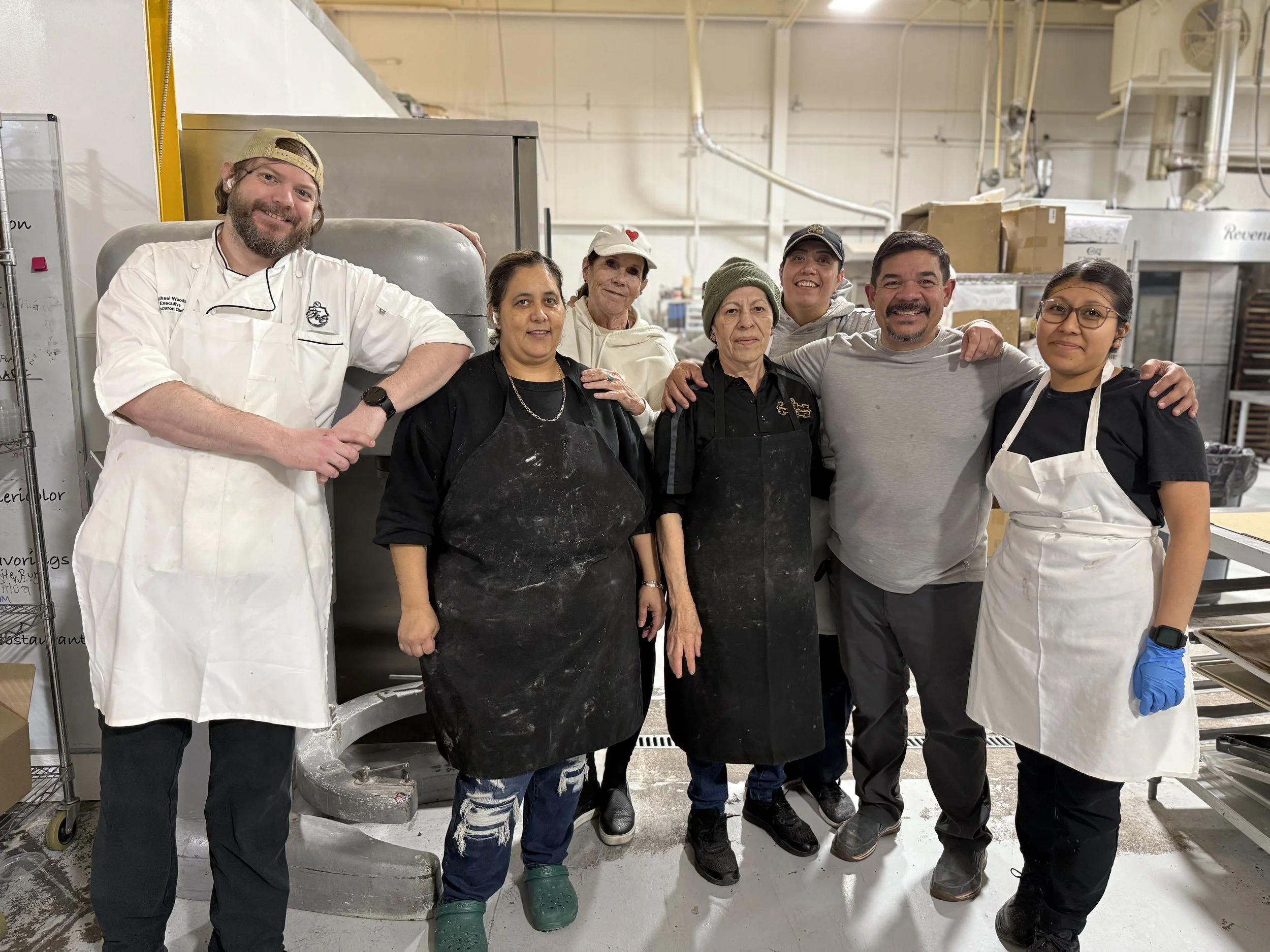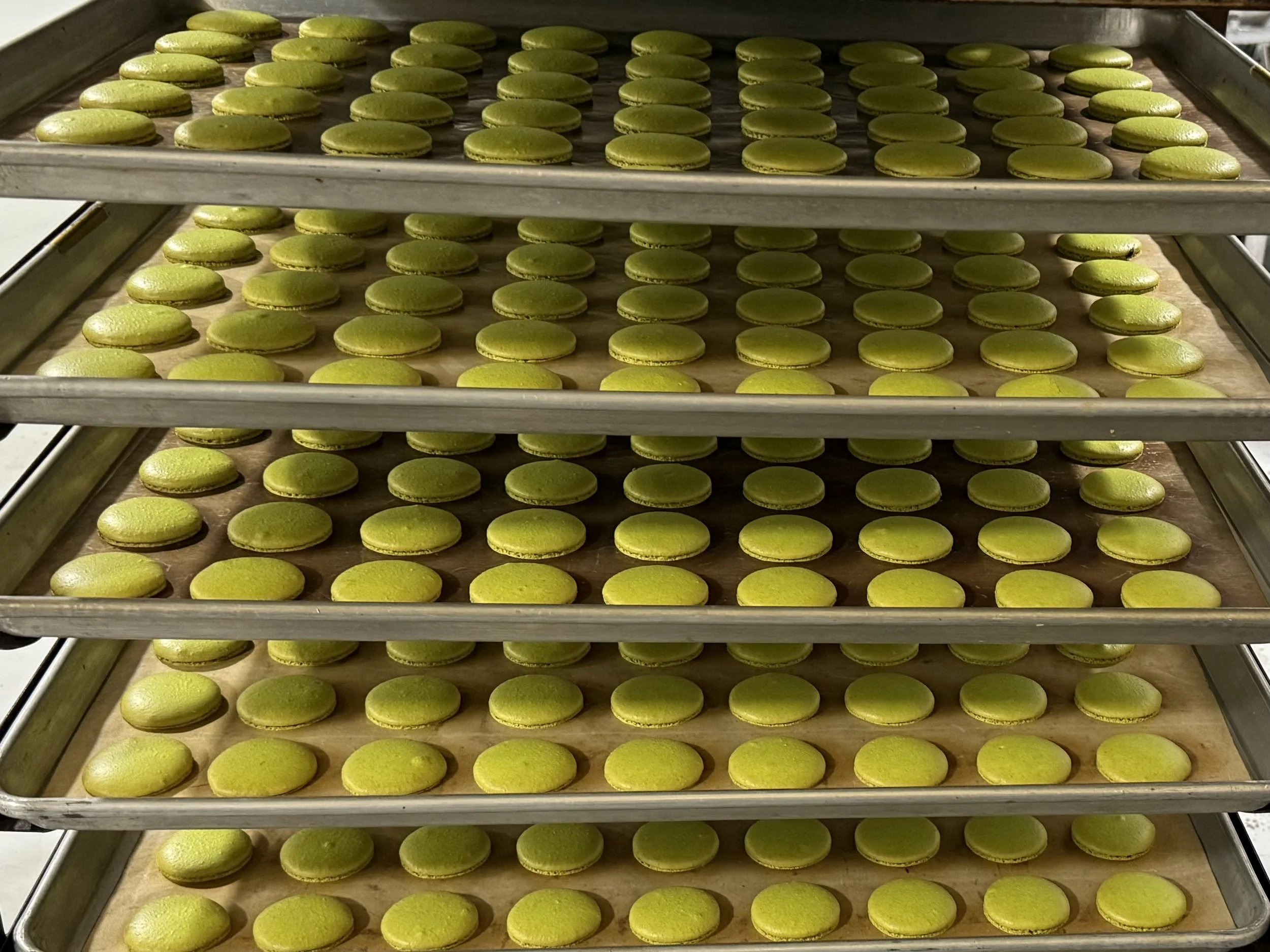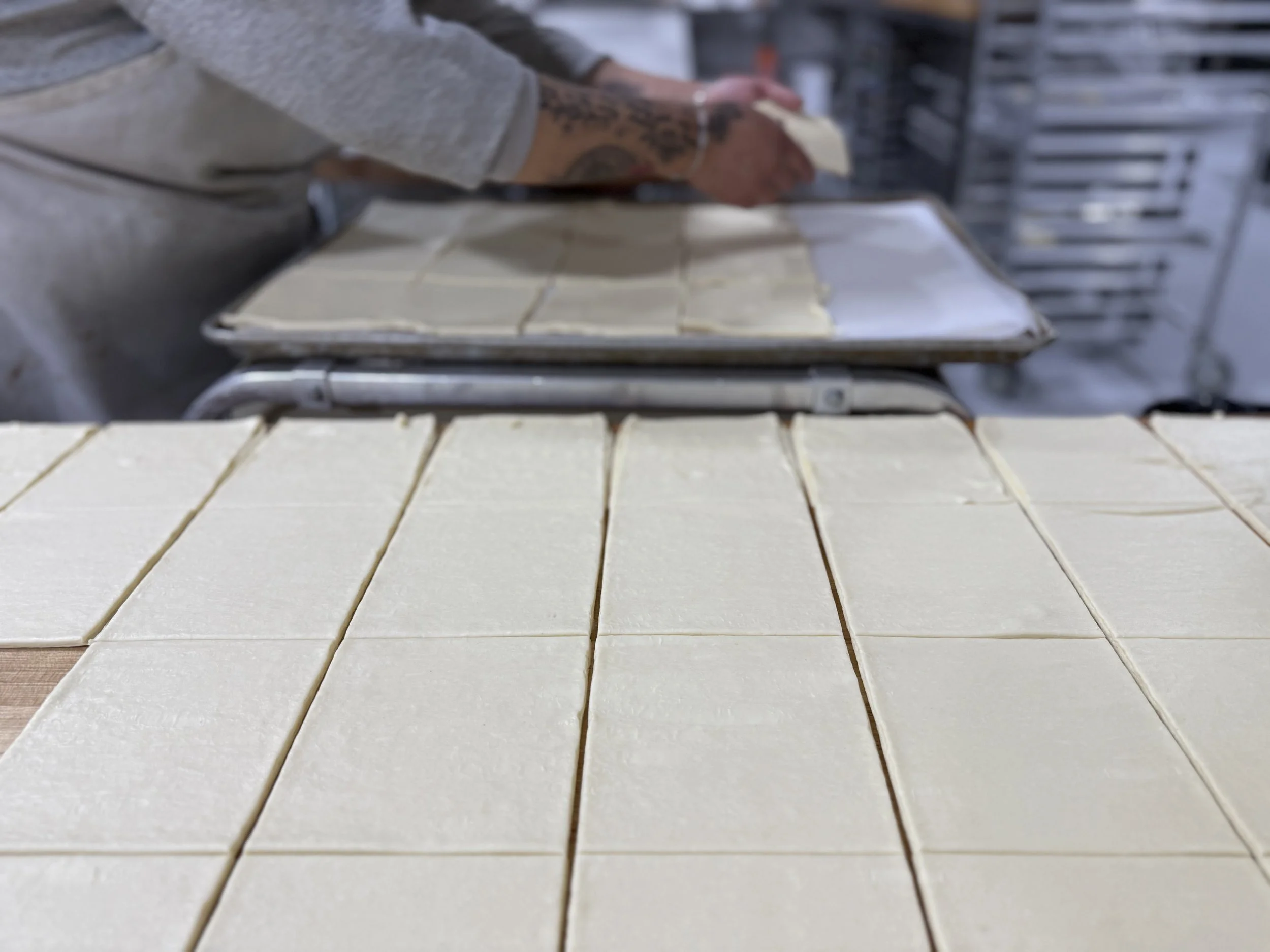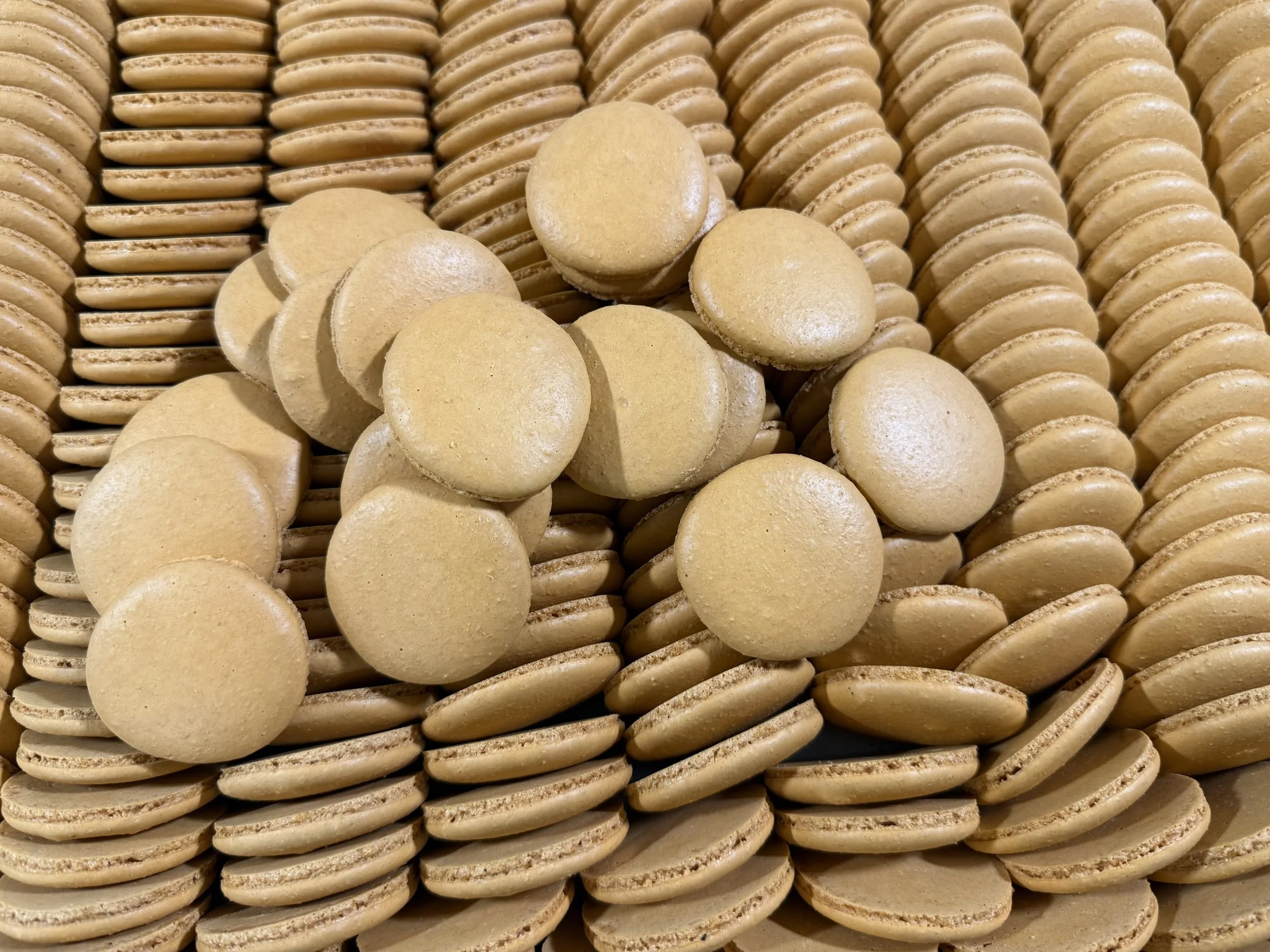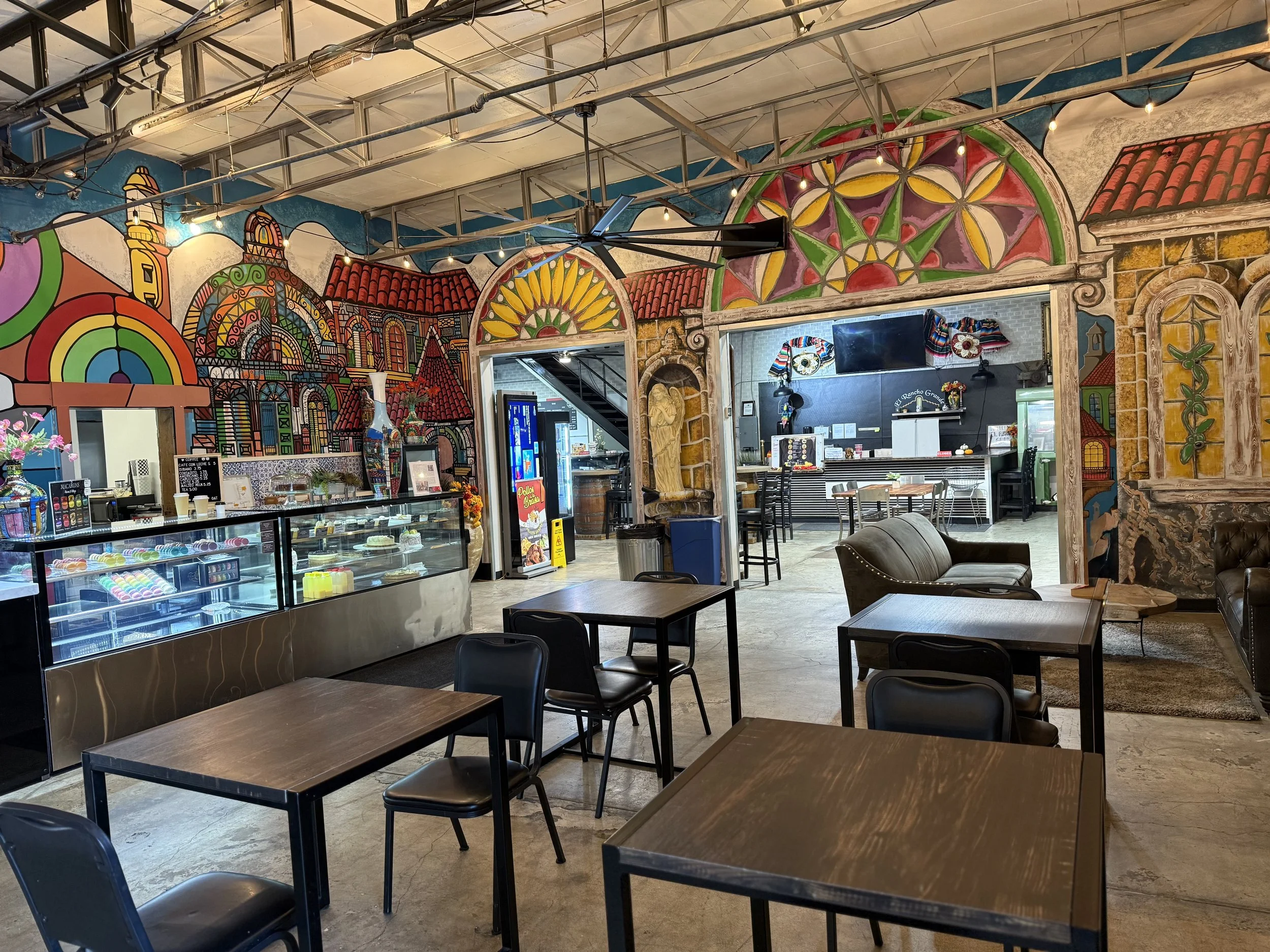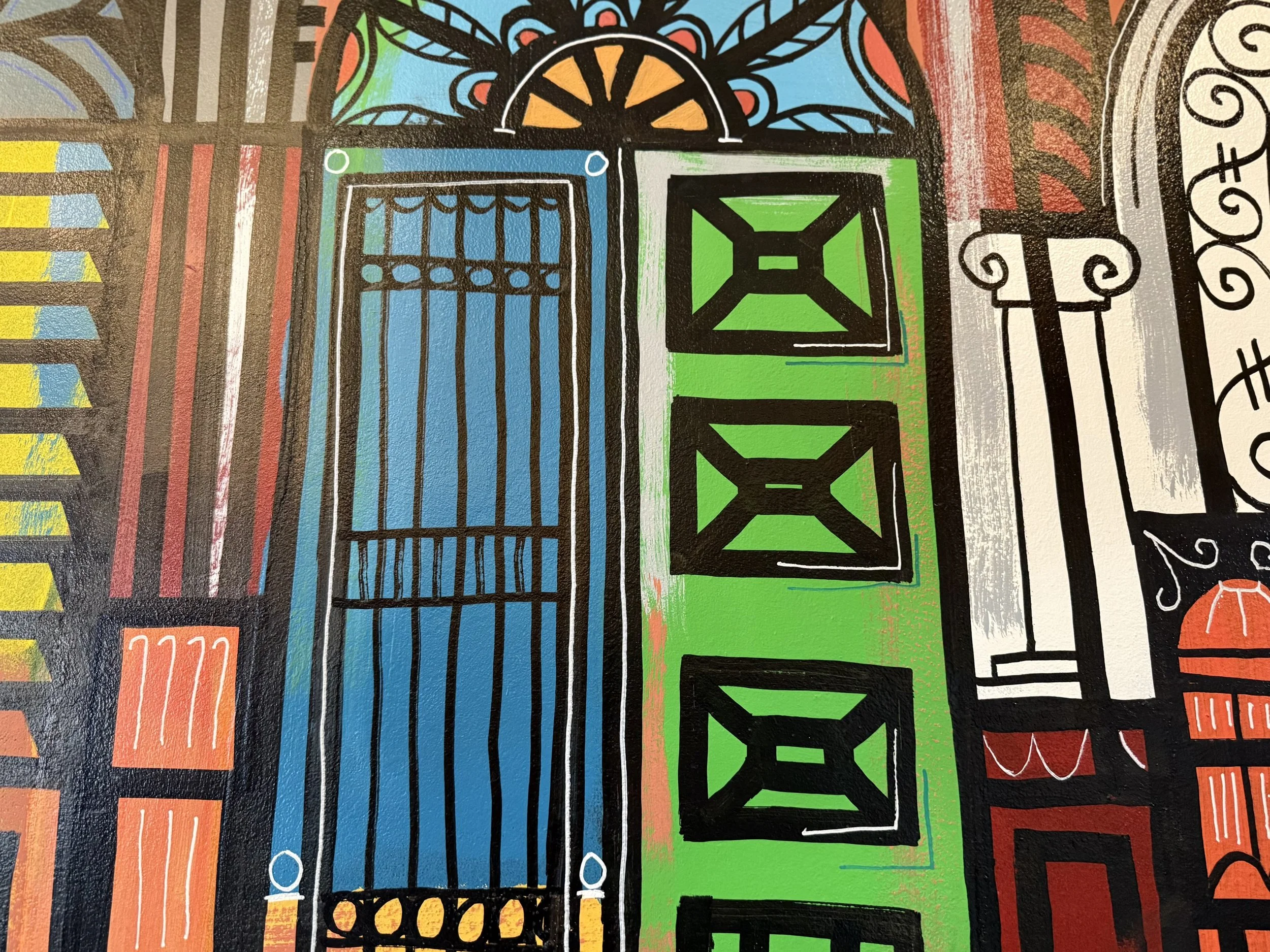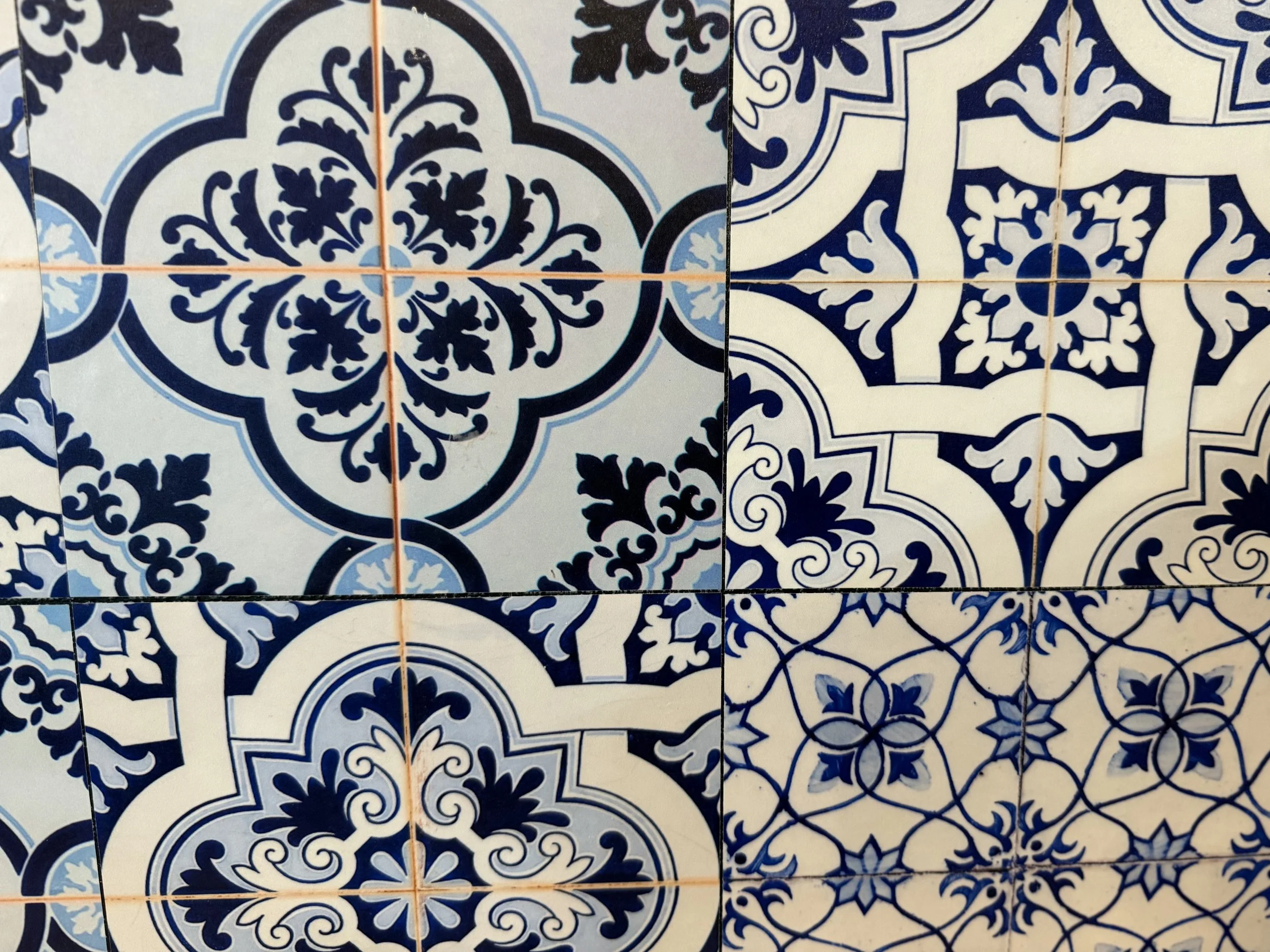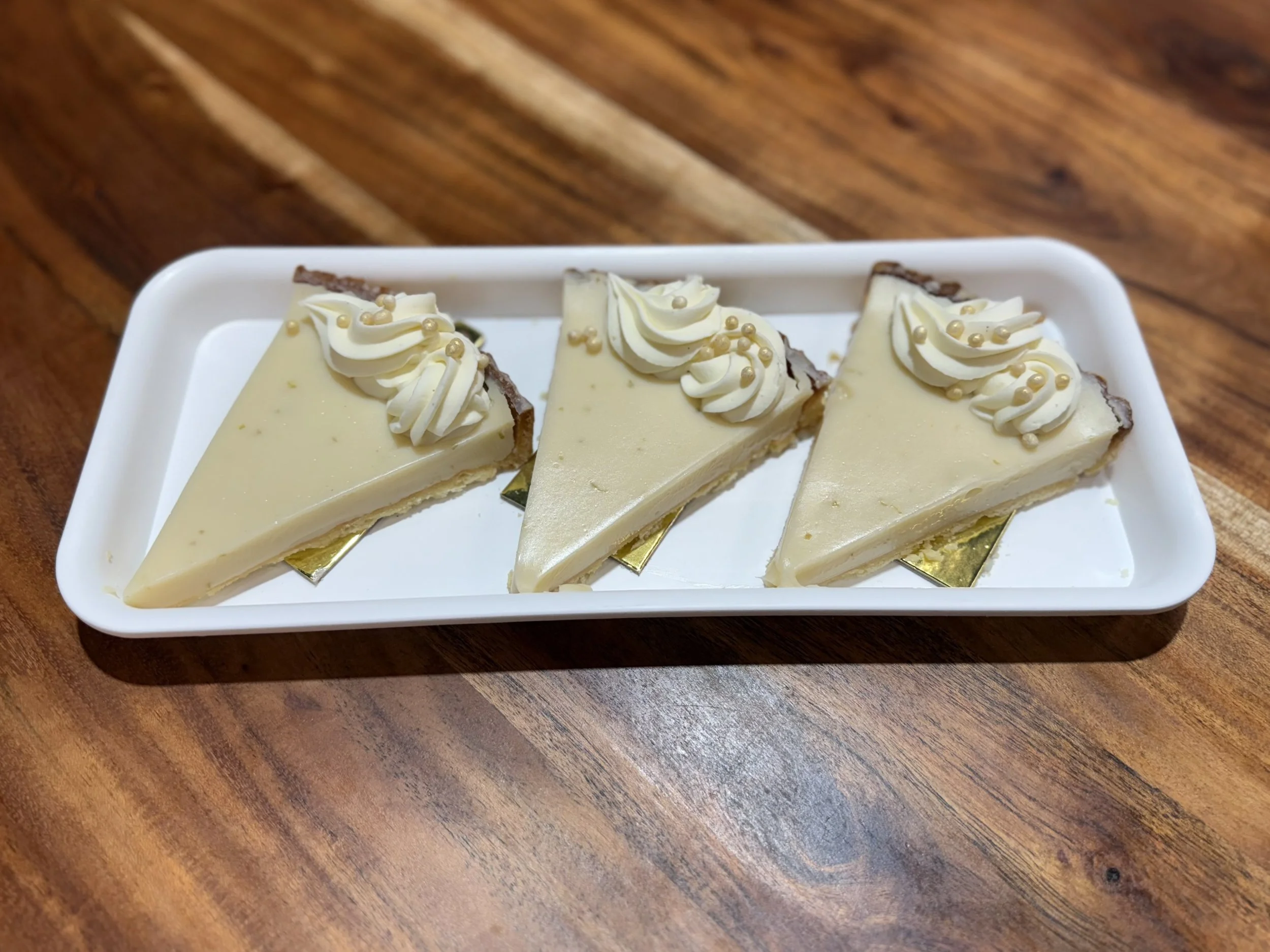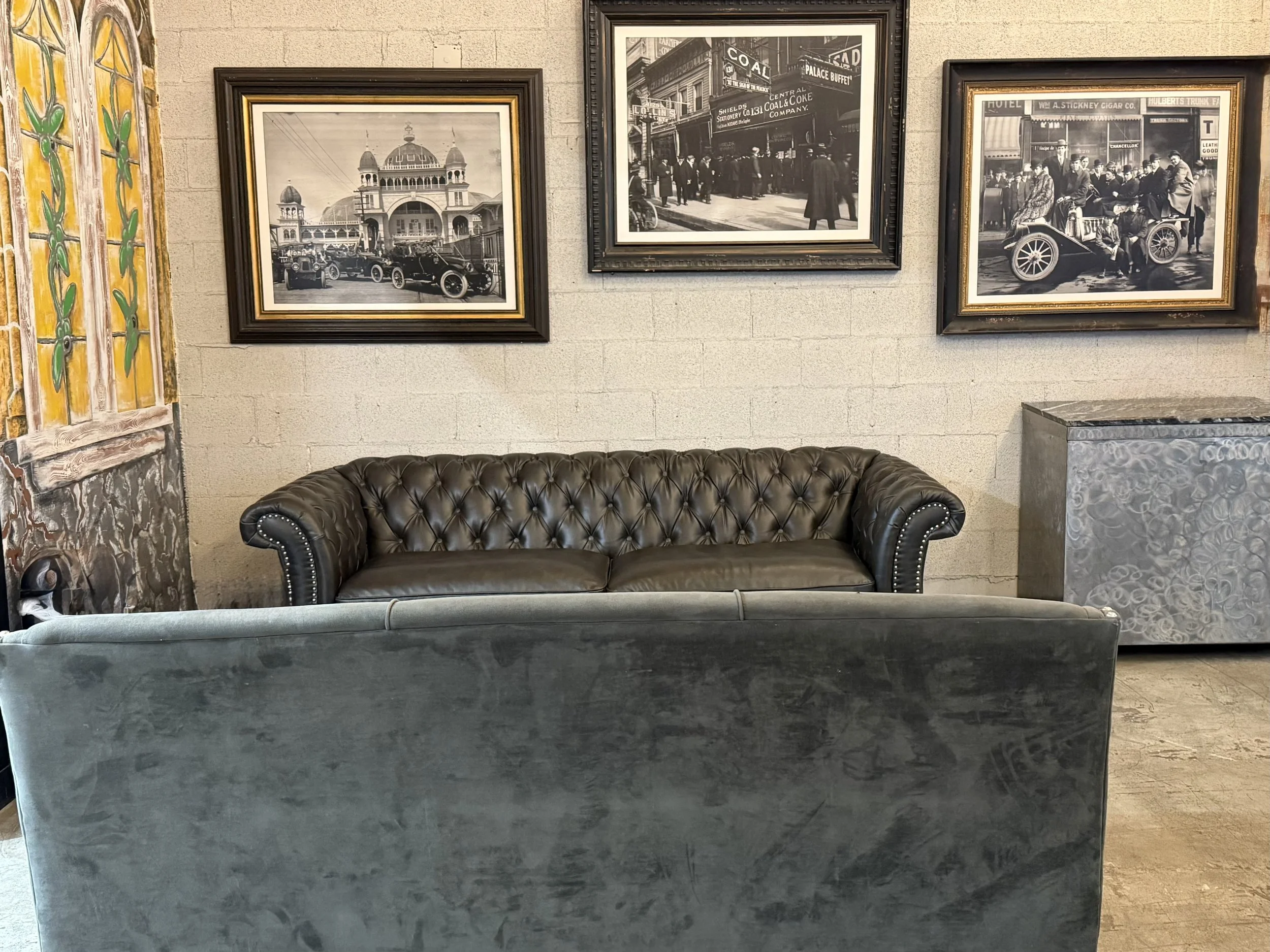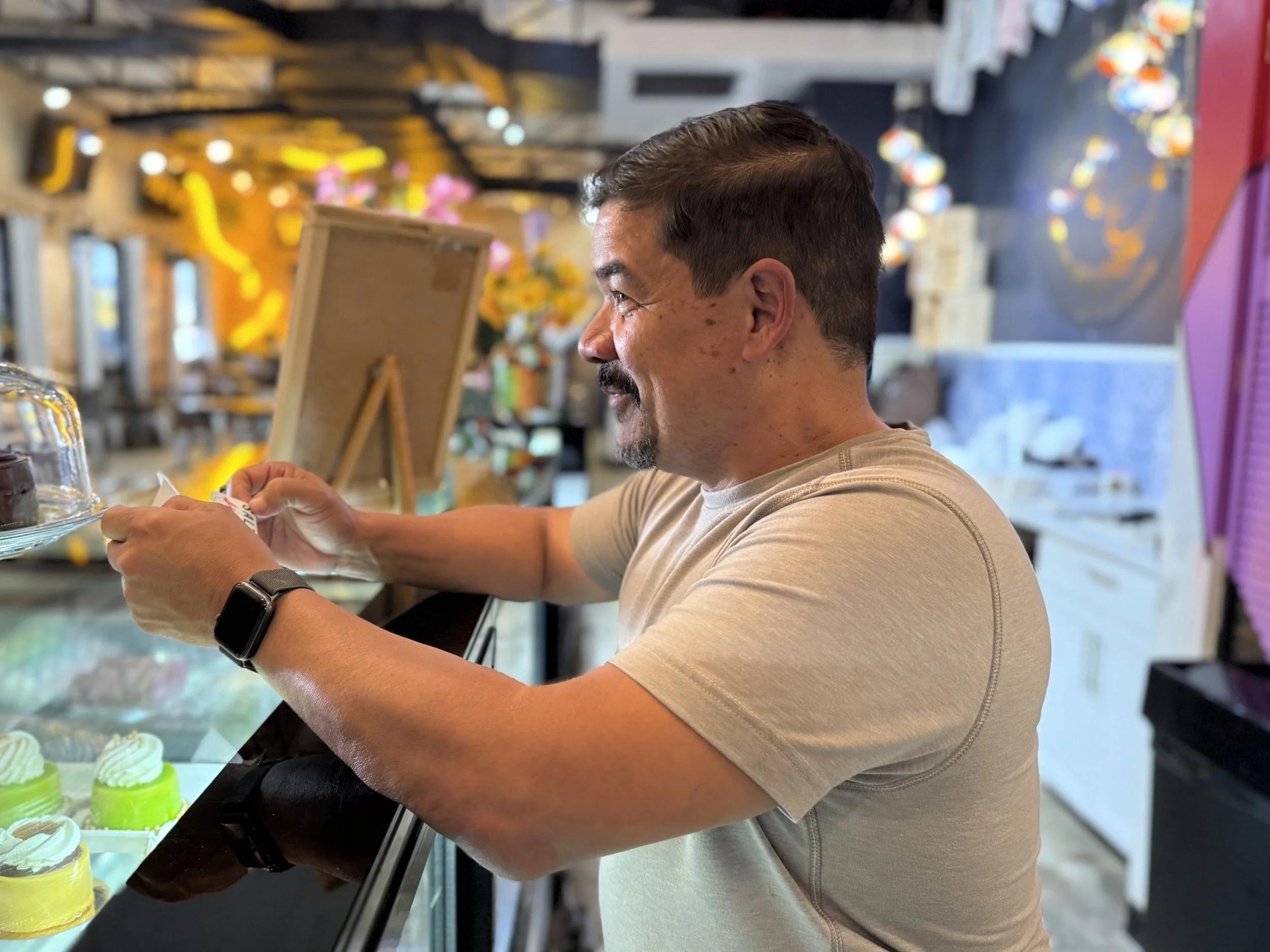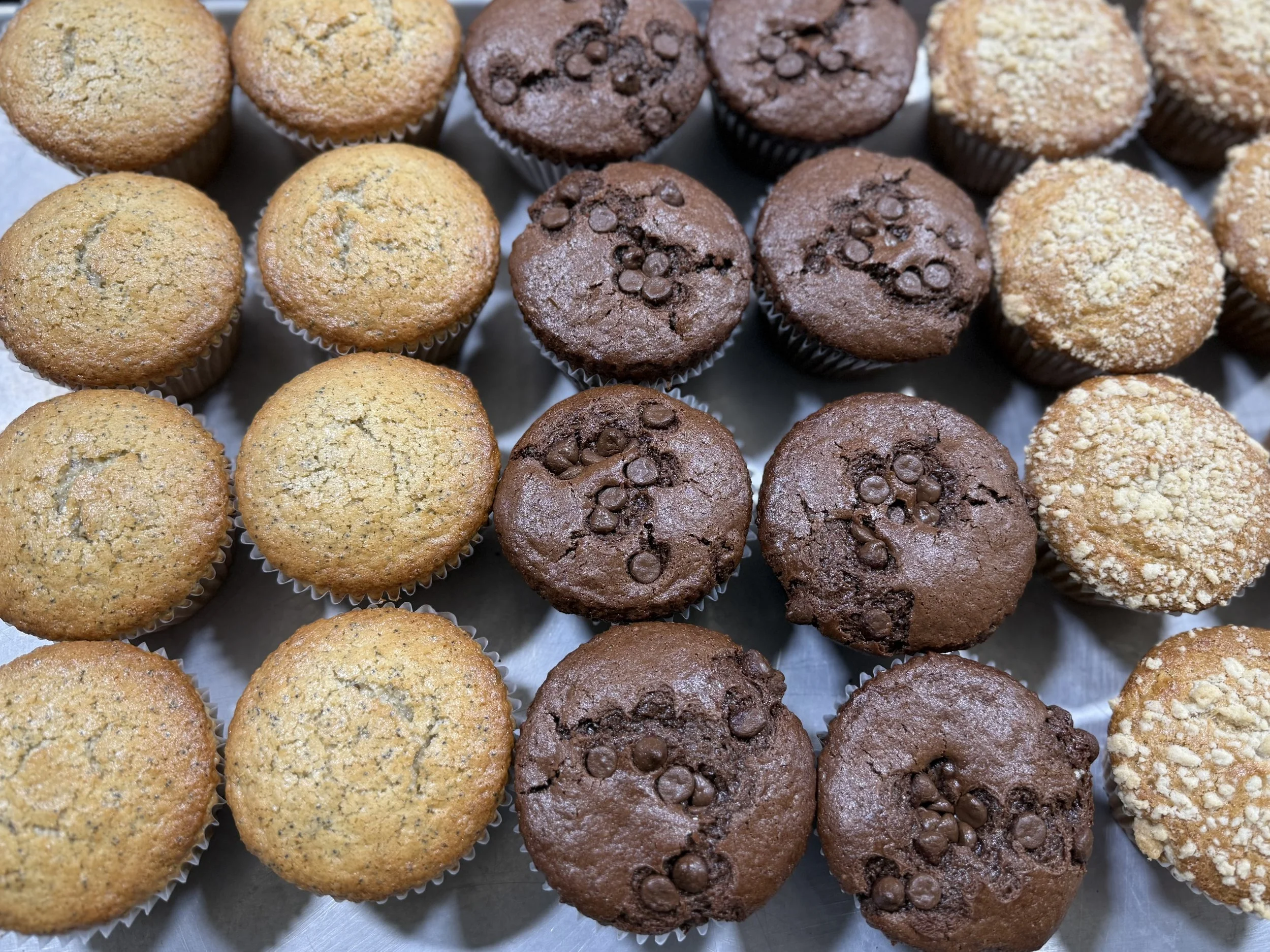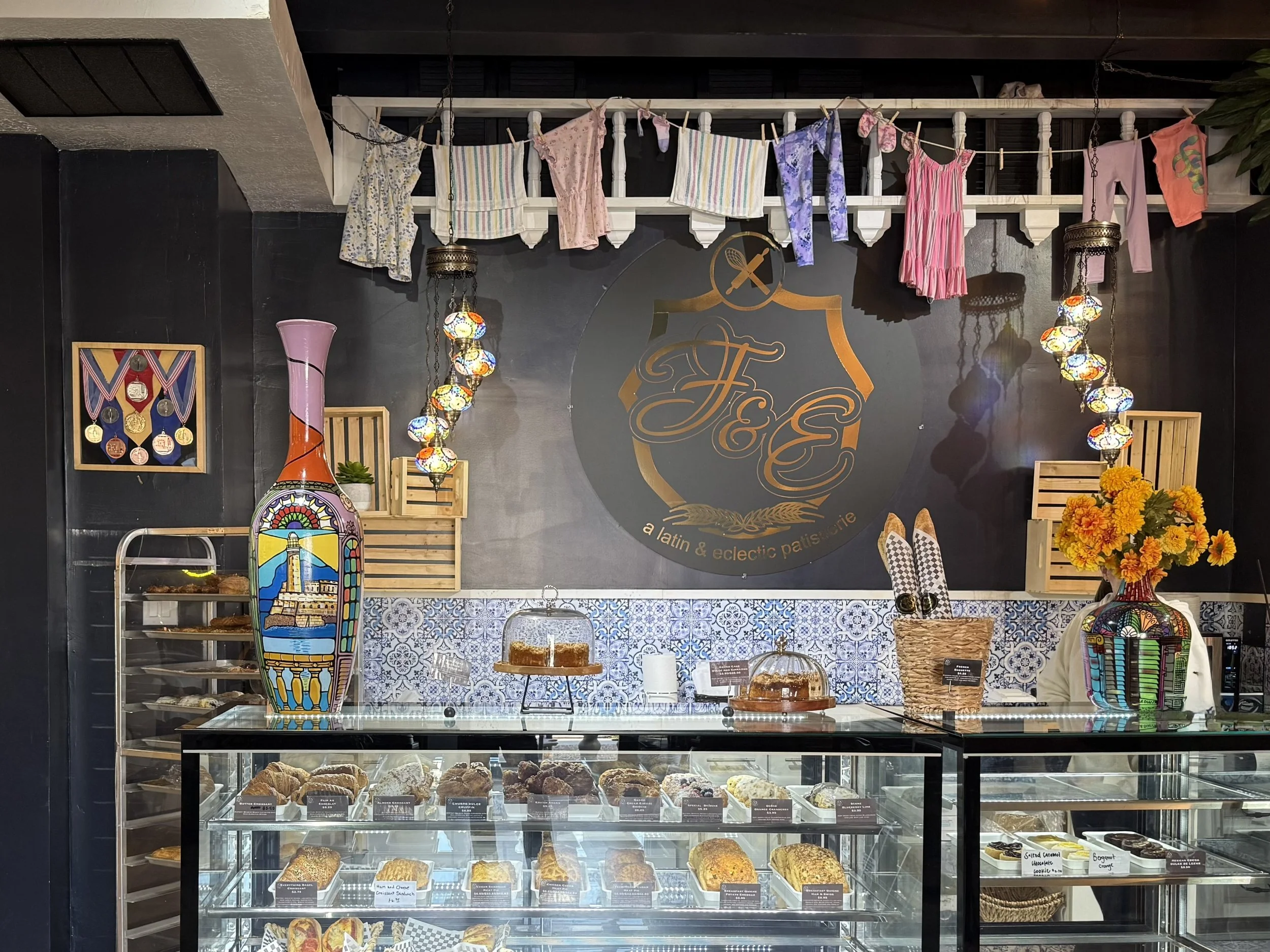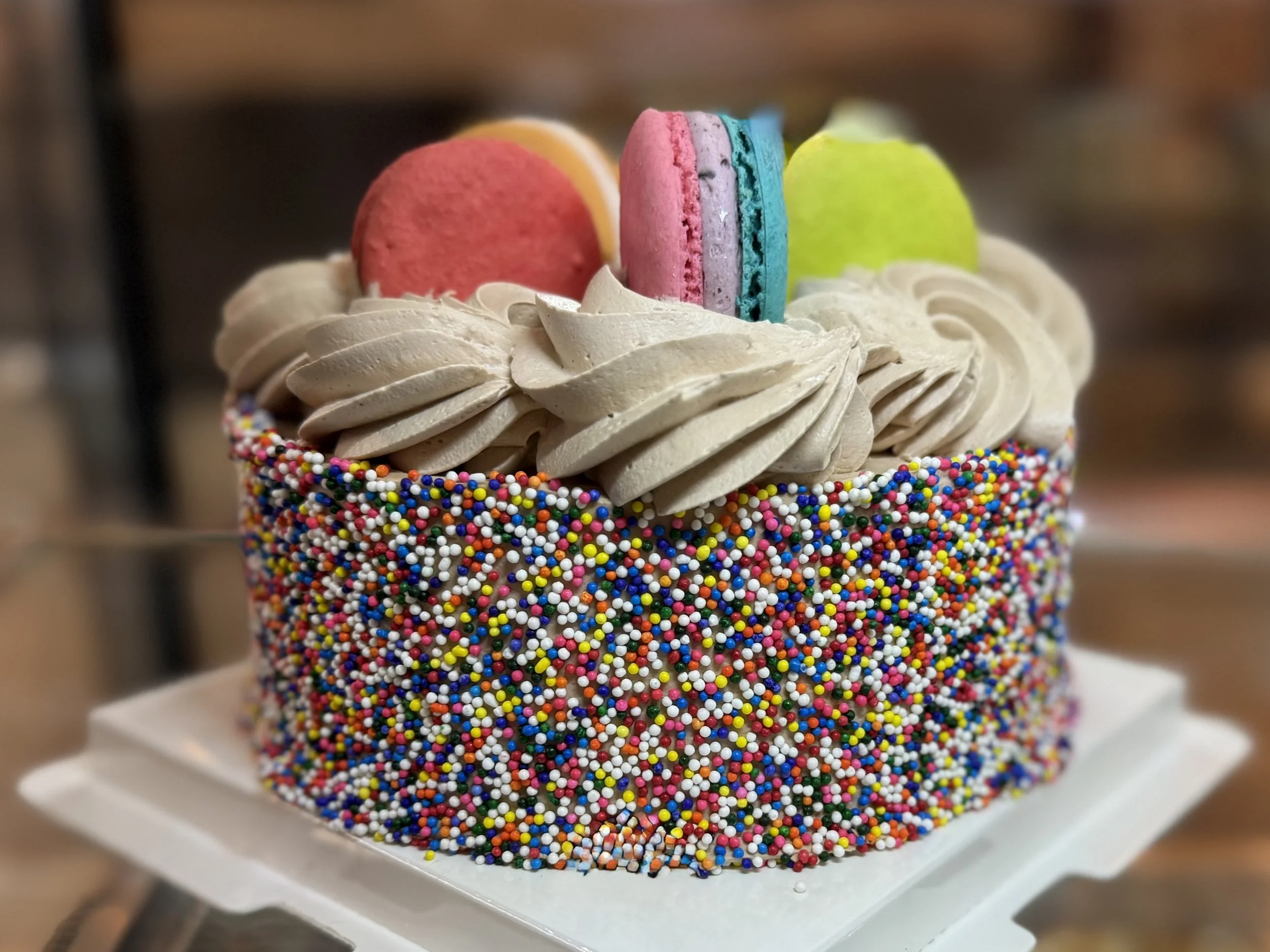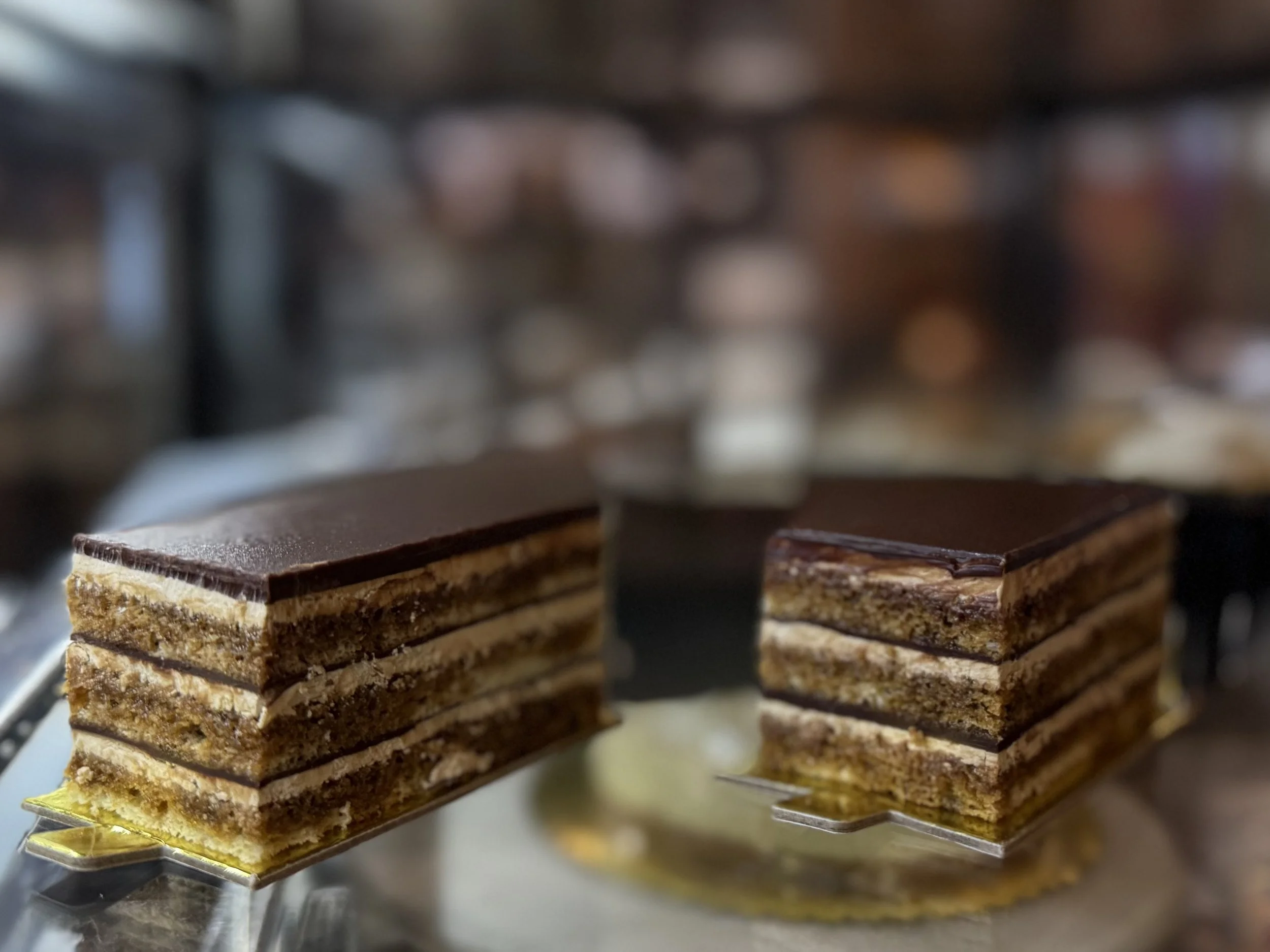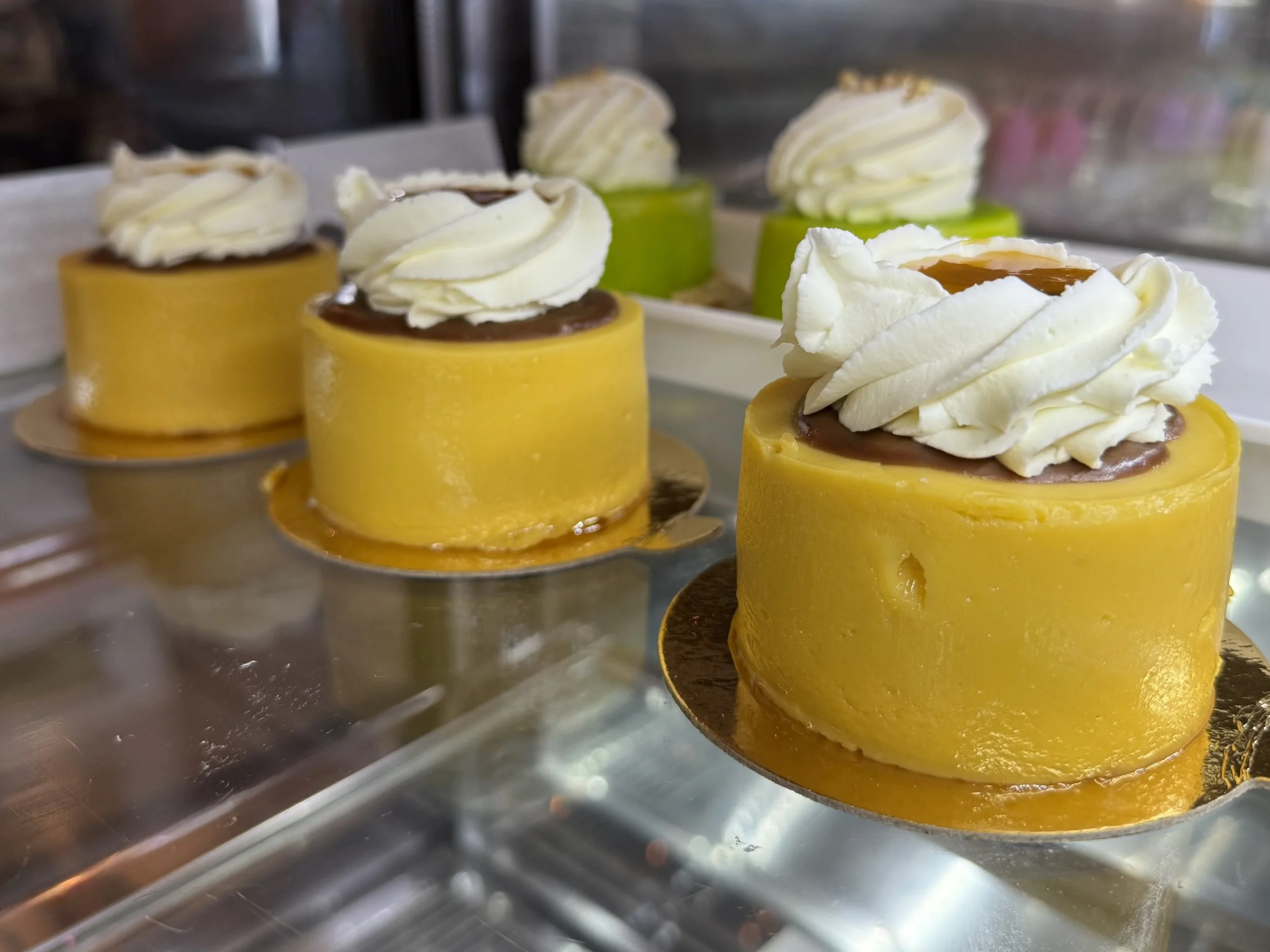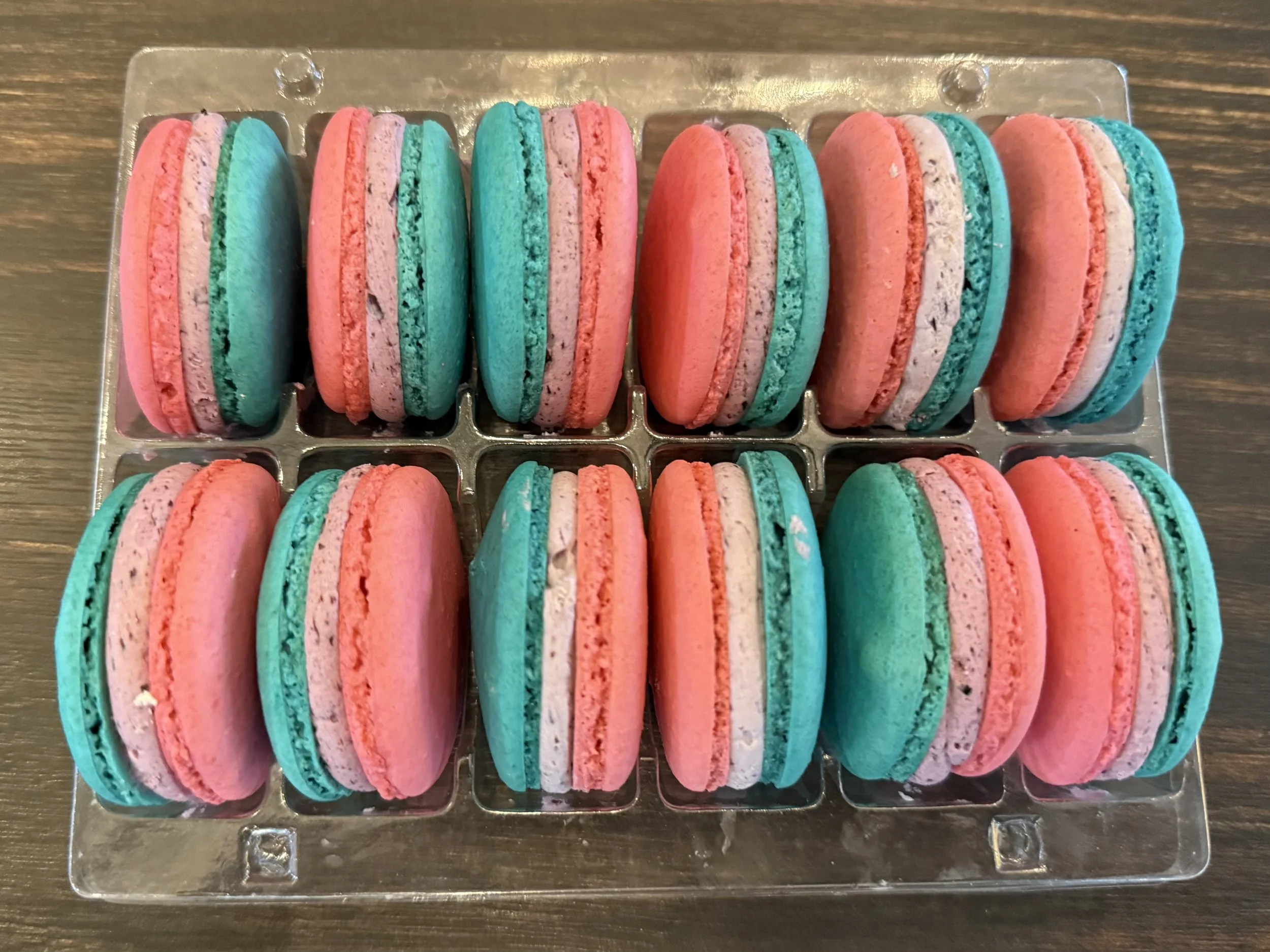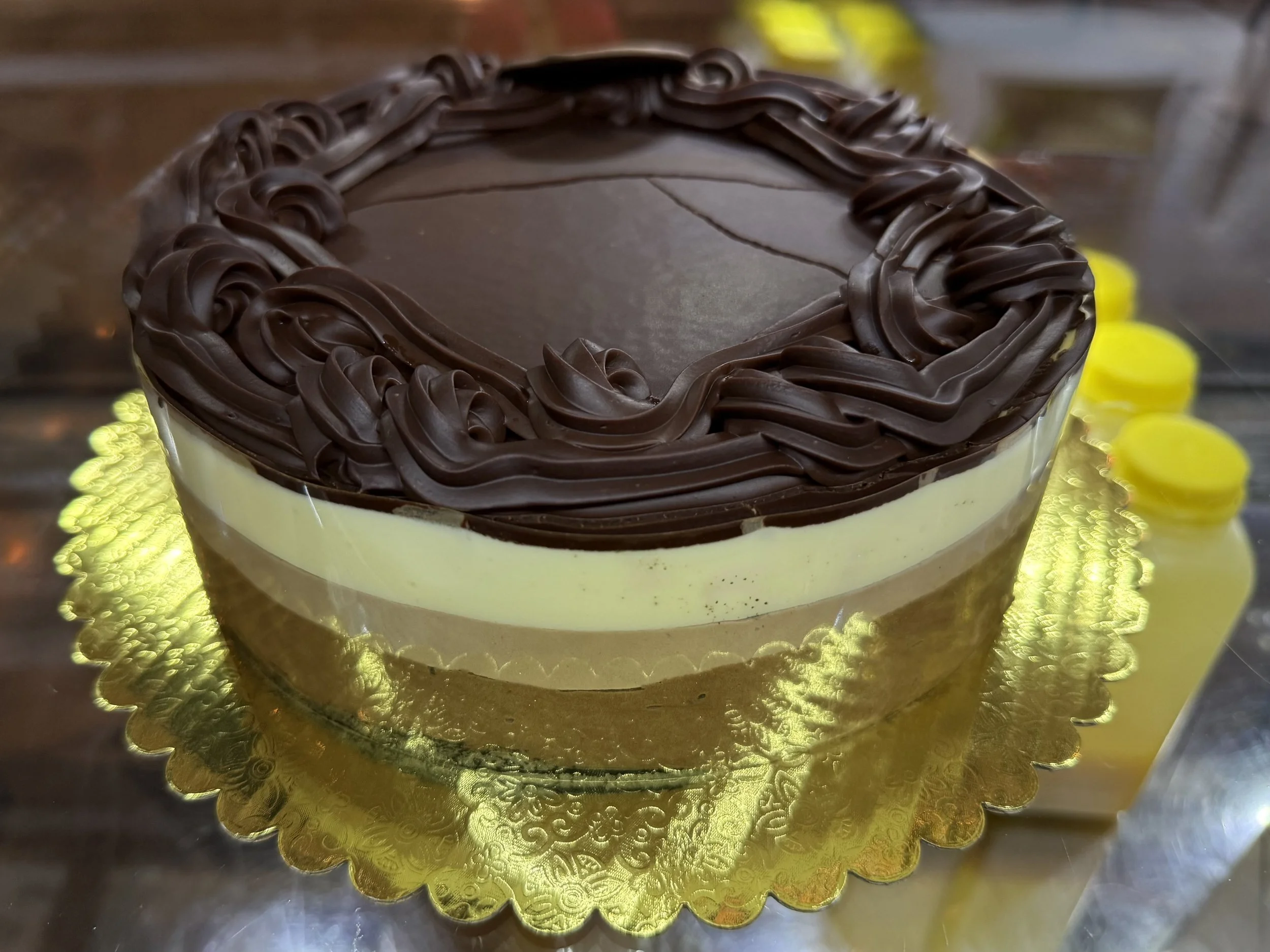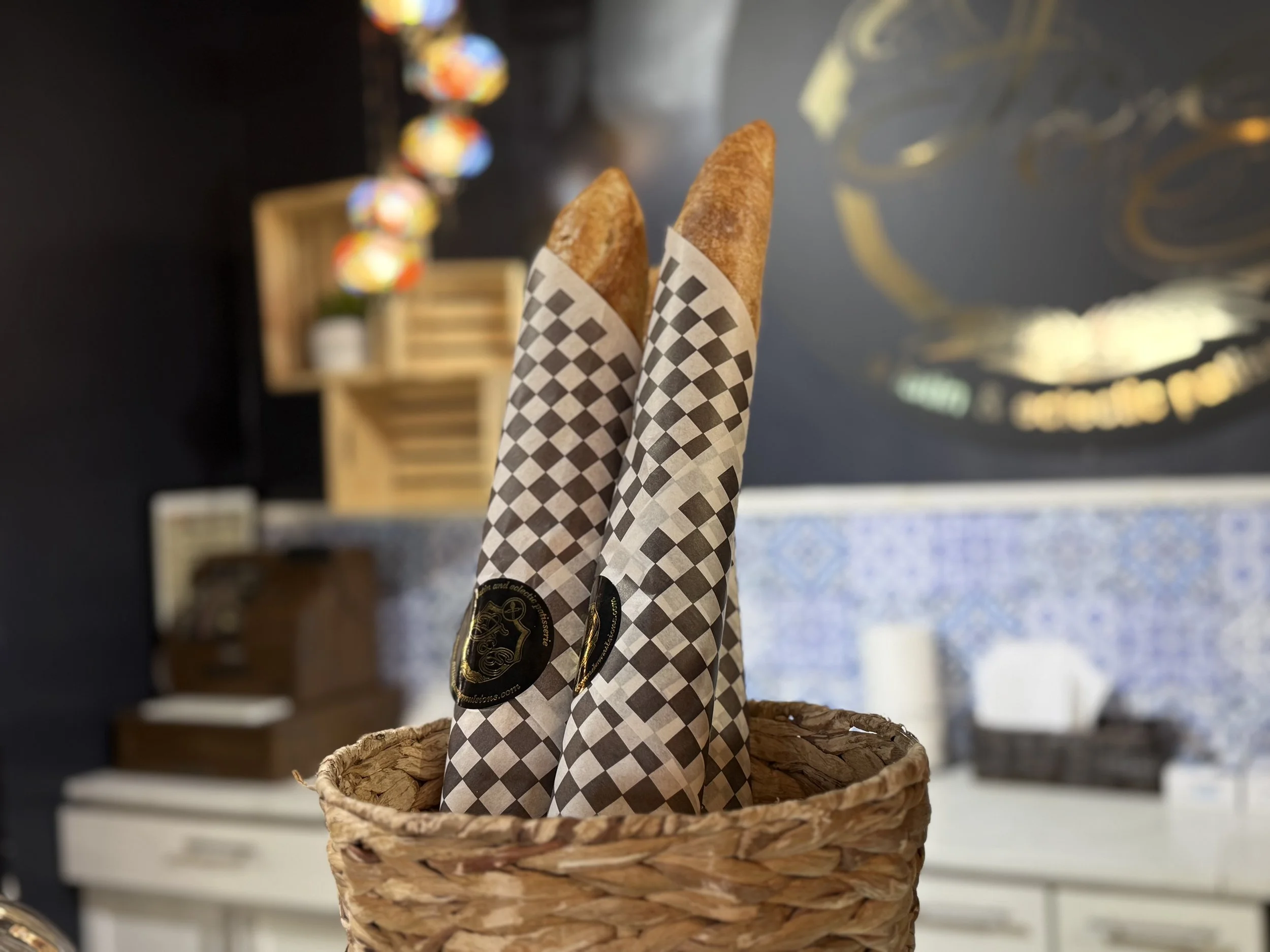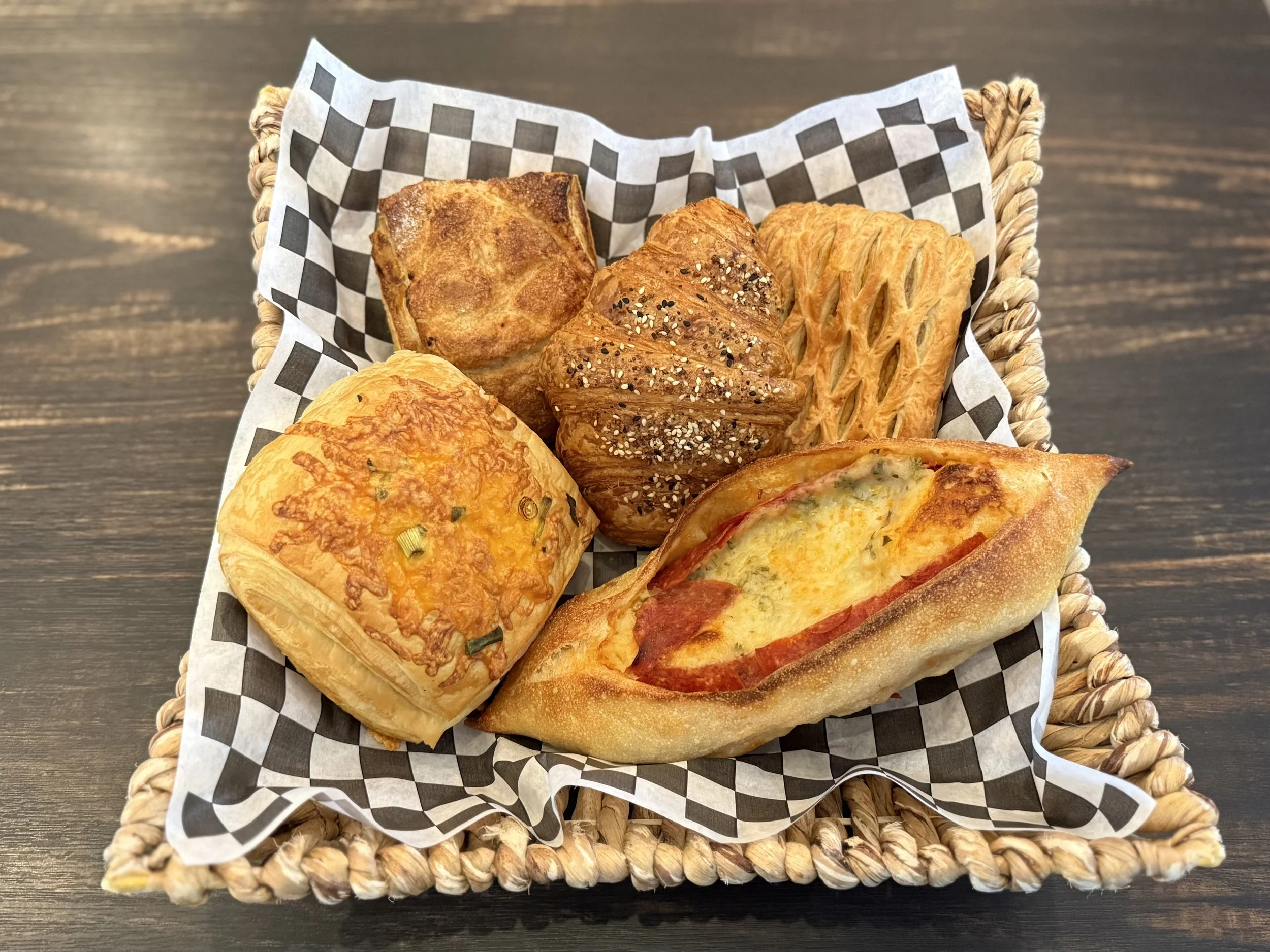Fillings & Emulsions
Address: 1391 South 300 West
Telephone: 385-229-4228
Website: fillingsandemulsions.com
District: Ballpark
“I have been baking since I was nine. When I retire, I am still going to bake. I want the final chapter of my life to be spent baking bread in a little stone oven at home, offering it to my neighbors.” For Adalberto Díaz, founder of Fillings & Emulsions, the beloved Salt Lake City bakery, baking is not just a career, it is a lifelong devotion shaped by memory, faith, and family.
Adalberto grew up in Havana in the 1970s and 80s, a child of a city whose beauty took hold of him early. “I walked the city of Havana, from one side to the other, every street,” he said. “Looking at every nook and cranny, the balconies and the ironwork and the woodwork, from colonial to Art Deco to Art Nouveau to brutalism. It is such an amazing city - the colors and the air and the ocean.” He loved the architecture as much as the spirit of the people. “We do not have a choice in Cuba. You can cry, or you can just smile and stay happy. And that is what people do. If we hear music, our feet begin to move.”
Adalberto was raised in a family that cooked because everyone had to. Restaurants were a rare luxury; an occasional visit to the ice cream shop felt like a holiday. He remembers standing behind the door of a neighborhood bakery just to breathe in the scent of fresh meat pies. “In my twenty-eight years of life in Cuba, I think I bought meat pies there twice because I could not afford it,” he said. “So now I make them myself and I sell them.”
Two grandmothers shaped Adalberto - two women from different branches of his Cuban lineage who taught him what sweetness and care could look like in a kitchen with very little. On his father’s side, his Black grandmother cooked custards and fruit desserts on a kerosene burner, stirring patiently in a tiny house that “was so, so poor,” but where the food was perfect. He adored her softness. “She was a big lady, but the skin was so soft. I have never felt softer skin in my life than my grandma’s skin. She used to whisk and whisk and whisk, and the arm would flow like that. It was funny for me and at the same time it was endearing.” On his mother’s side, his white grandmother - “a little bit more educated,” a product of Catholic school - made sponge cakes, meringues, and more elaborate sweets, even though we did not have an oven.” Between them, he learned technique, patience, and the love embedded in repetition.
Adalberto went to university and studied mechanical engineering and computer science as a young man. Then history intervened. In the early 1990s, after the collapse of the Soviet Union, Cuba entered the “Special Period,” a severe economic crisis that upended daily life. He was forced to leave school to support his mother and three younger brothers. He trained as a tourism entertainer and went to work in Havana’s hotels around 1996. That work deepened his affection for the city; it also widened his world. In 1997, German travelers he met in one of the hotels invited him to Munich. “I lived in Munich for four months. When I came back to Cuba, I could not live that way anymore. My eyes were open to new possibilities.”
Adalberto left Cuba with his then partner in 2000. Friends that he had met from Salt Lake as well as his German friends helped him raise the money to escape the island. He crossed through Mexico on a false visa, requested asylum at the Texas border, and spent twenty-one days in a processing center before flying to Miami and, finally, to Utah, the only place he had a community ready to help. He was determined to repay the money that had been loaned to him.
The first job Adalberto landed was as a baker at Urban Bistro (in the location that later became La Madeleine and then renamed Chez Nibs). He baked for The Grand America Hotel and Orbit Café, and in 2003 Sam Granato hired him as a chef and baker. He spent years in the Granato building and wove himself into Salt Lake’s food community.
By 2007 Adalberto was developing recipes as a private contractor for Harmons - work that led to teaching at the City Creek cooking school and, briefly, serving as Harmons’ executive chef. He also began teaching at Utah Valley University, a job he kept even after opening his own bakery to help support himself. When asked when he first began to dream of having a place of his own, he smiled. He had thought about it for years, he admitted, but he knew he was not ready. “I had a lot to learn before I could open my own business. I needed to understand the market, the people, and how business worked here.” That patience and self-awareness became part of his recipe for success. In 2012, the American Culinary Federation named him National Pastry Chef of the Year. The following year, he made the move that would define his public life: Fillings & Emulsions opened in 2013 in a 900 square foot space on Kensington Avenue.
Adalberto named it with a baker’s wink and a believer’s heart. “When I say, ‘Fillings & Emulsions,’ people think I am saying ‘feelings and emotions,’ and that is an integral part of what I do. We make fillings, and we make emulsions, every day.” The logo hides another truth in plain sight: F&E spells “Fe”- faith in Spanish. “Faith in yourself, faith in the future… faith is part of what keeps us going.”
Growth followed quickly. In 2015 Adalberto competed on Food Network’s Holiday Baking Championship, moved the shop to Main Street, began making macarons for Harmons, and expanded wholesale. He returned to television for Best Baker in America in 2017, competed with Buddy Valastro in 2019, and appeared on Alex vs America in 2021, with another taped competition still under wraps. Through it all, he kept refining the line that made his bakery both Latin and eclectic: croissants and other laminated doughs; French macarons; Cuban pastelitos and meat pies; key lime and passion fruit pies; cheesecakes and tarts; holiday traditions done “in our own little way,” from pan de muerto and Día de los Muertos sweets to Bûche de Noël. “I do not want to be just a Cuban bakery. The word “eclectic” is connected to me as a Cuban,” he said, noting Cuba’s famously syncretic culture. “I wanted to be from everywhere, just like my genetic background.”
Airport opportunities arrived in 2018, with the location opening right before the pandemic. To support that growth and wholesale demand, Adalberto built a larger production facility in West Valley, only to be hit by the economic aftershocks that reshaped so many small businesses. He closed Provo, consolidated, and in 2024 moved his retail home into the Granato food hall, keeping the airport as his second remaining location. The decision was as practical as it was personal. “For the first six or seven years of my business, my customers saw me every day. Once I grew, I was split between locations and wholesale, and I lost contact with the people who supported me. As I get older, the idea of being big is not as appealing anymore. I just want to keep loving what I do.”
Adalberto has returned to Cuba twice since leaving in 2000: first in 2019 on a cruise, when he was not allowed off the ship without a Cuban passport; then in 2020, passport in hand, to walk his old neighborhood. The visit stirred grief and perspective. “It was pretty sad - more than anything, survivor’s guilt,” he said. “You see where you are here and what people there have to live with, which is what I lived with my entire life, but when I was there, that was normal for Cubans, but not for me anymore.” It also rekindled the things that first shaped him: the ocean, the food, the architecture, and the people. The magic of this magnificent city was never lost on him.
If there is a through-line to his life in Salt Lake City, it is relationships. “In Cuba, you do not burn bridges. You do not know when you are going to need people.” He carried that lesson with him. Former students from Utah Valley now work beside him. Colleagues from early kitchen jobs became wholesale partners years later. “Everybody I meet, I meet for a reason, and I could be as useful to them as they can be to me… the connections are everywhere. It is like a big tree full of branches and the tree just keeps growing.”
The community has noticed in return. Beyond the television wins and appearances, Adalberto has been profiled widely and, in 2025, was named a James Beard Award semifinalist for Outstanding Baker. Those accolades have never changed his insistence on generosity and craft. As longtime collaborator Katie Ray put it, he is “humble, honest, loyal to a fault, flamboyant and fun,” but what she admires most is his heart. “He will share anything even if he has nothing.” She also loves the family imprint on the space: one of Adalberto’s brothers, Angel - “soulful, dark, a poet, all in the best ways” - painted the vibrant walls; the two brothers are a striking juxtaposition, one exuberant and outgoing, the other quiet and inward, each leaving a meaningful and beautiful mark.
Today, Fillings & Emulsions is deliberately condensed - airport plus the Granato food hall where the baker can once again step from the bench to the counter to hand someone a warm pastelito and say hello. Adalberto is still teaching classes, still evolving the menu, still celebrating holidays with his own twist, and still weighing what the next season might look like, and will always remember, “If we are here for each other, everything works out in the end.”
When asked what he wants people to understand about him, after all the shows and interviews, Adalberto ponders and then returns to the simplest truth. “I wish people would see my food, not just because it is tasty. It is truly made from love. Not just love of food; it is love of my craft. I love the process, the crafting of making things from nothing. Baguettes are my favorite thing to do, and it is just water, flour, yeast, and salt. How many things can you do with that?”

